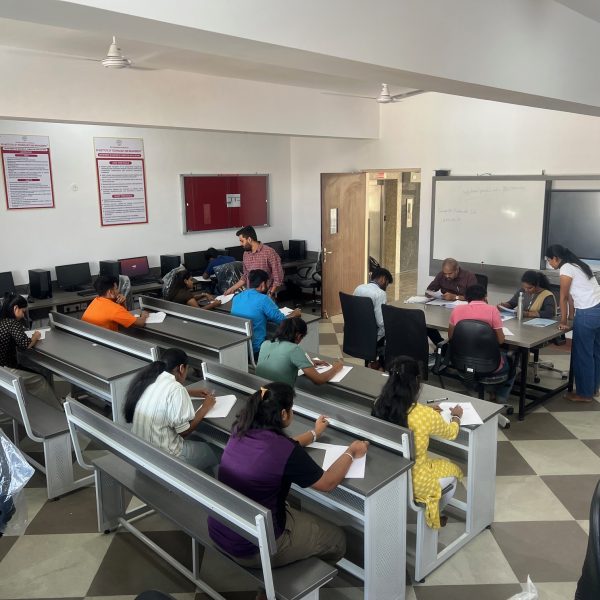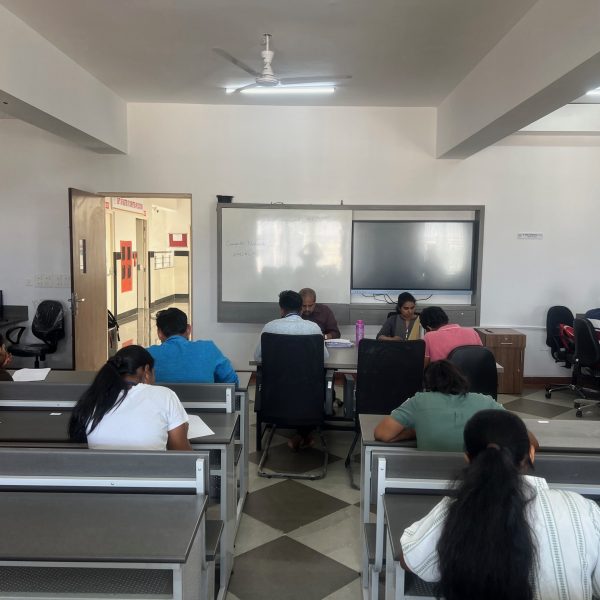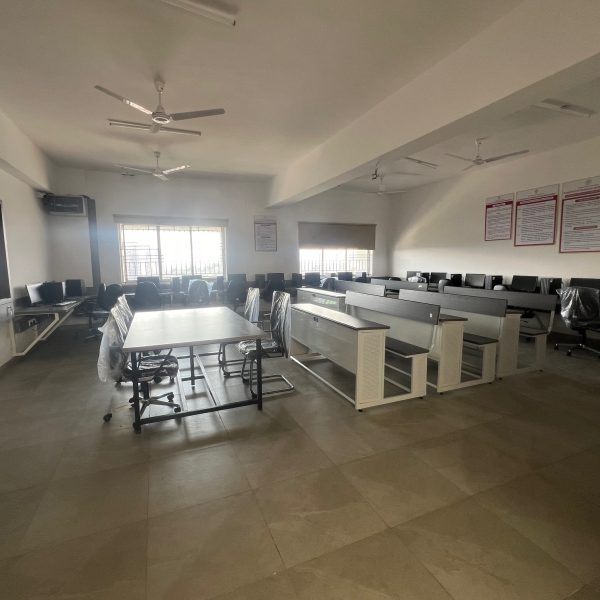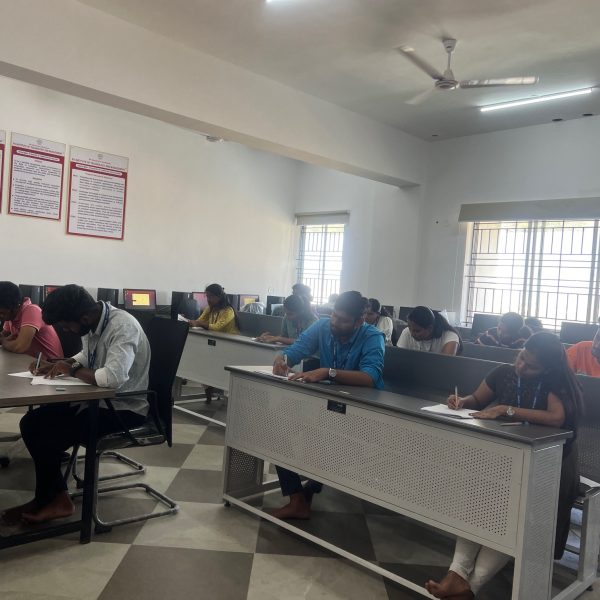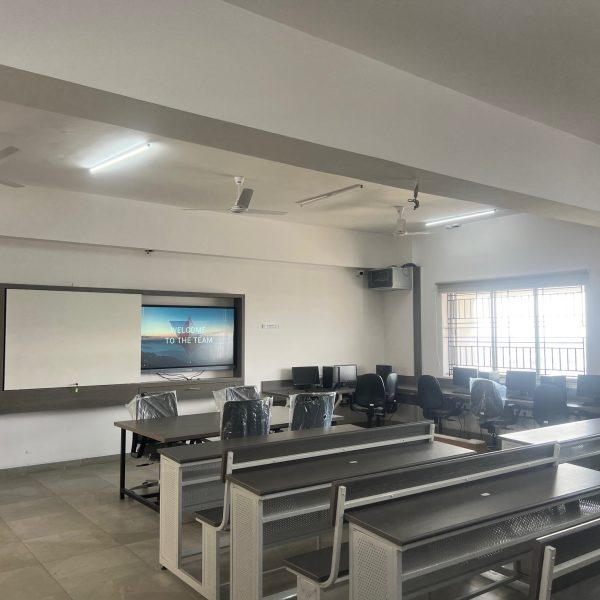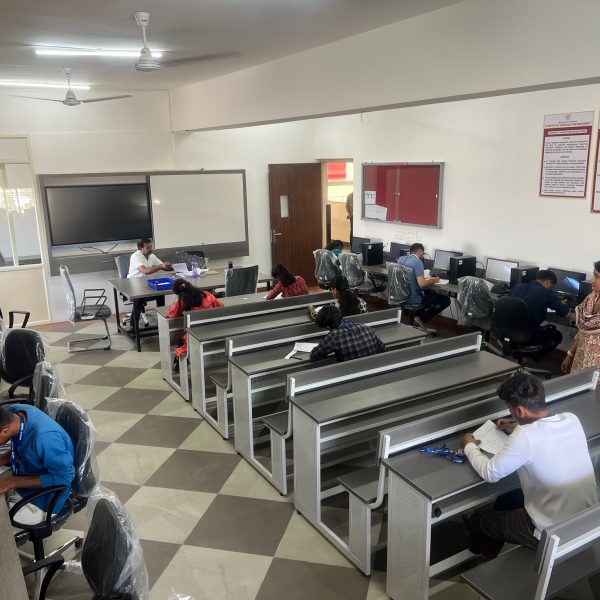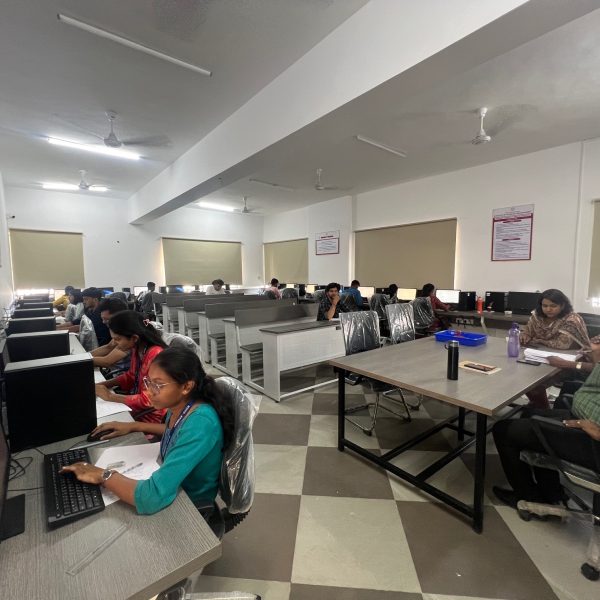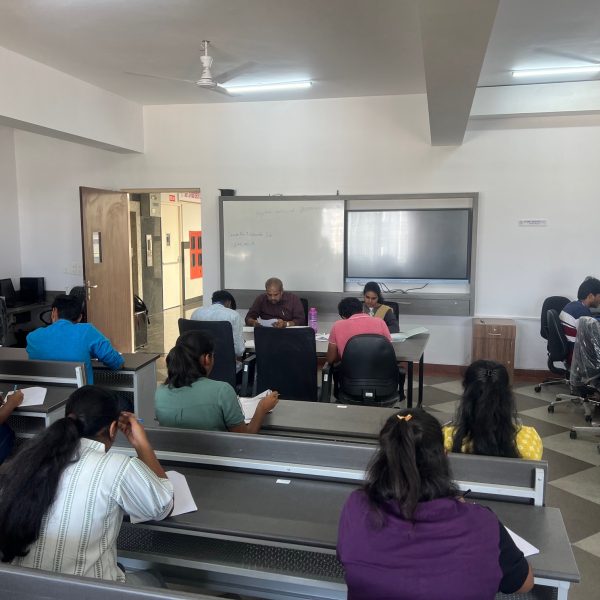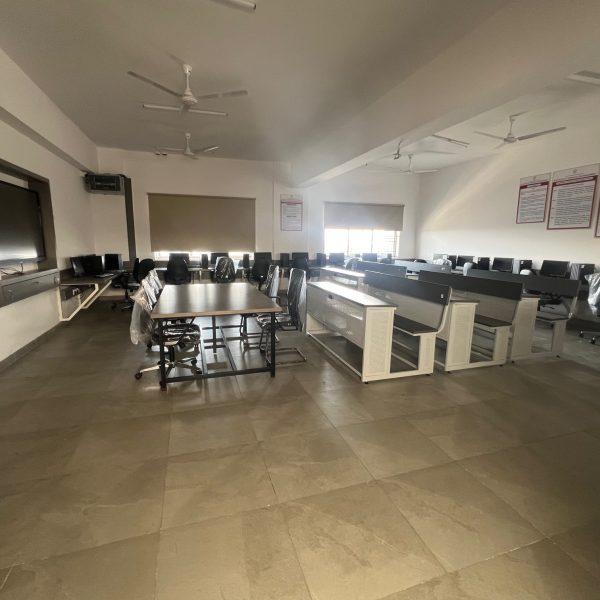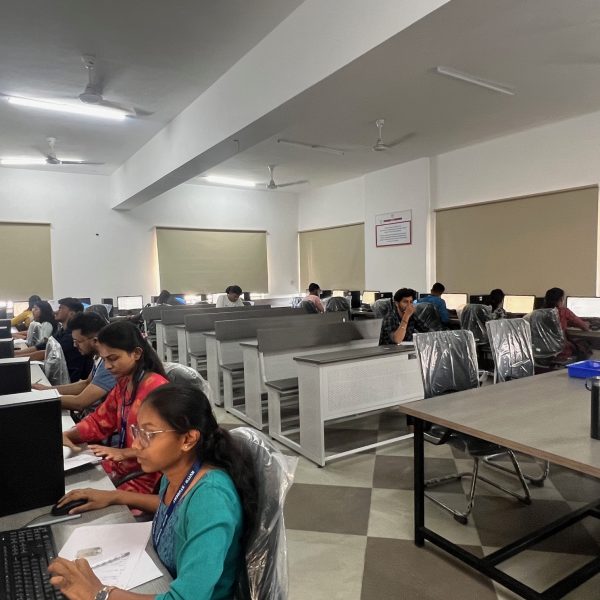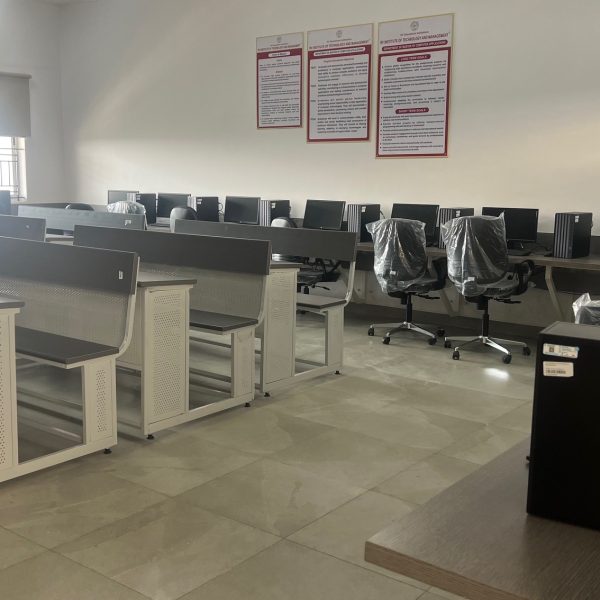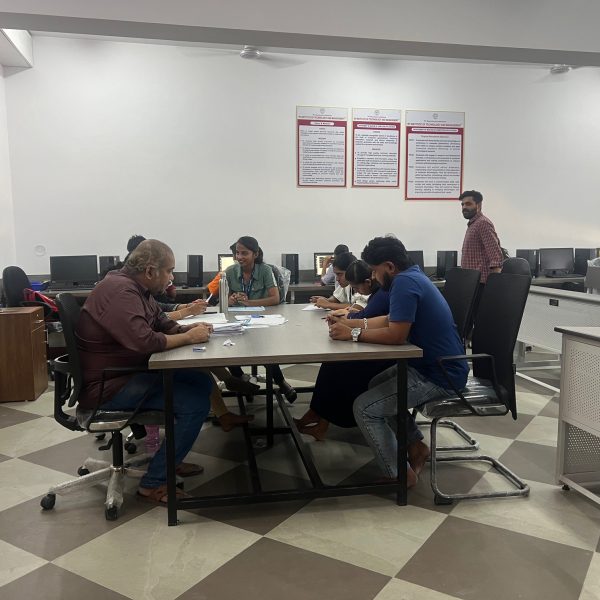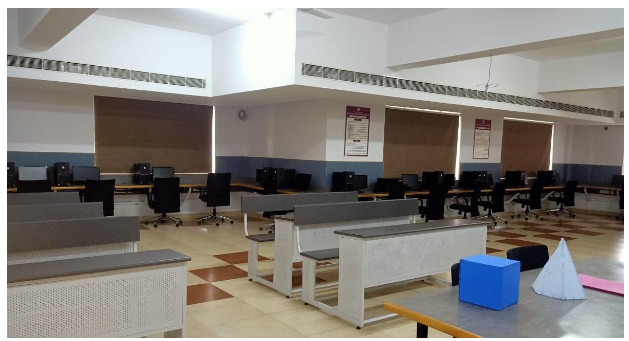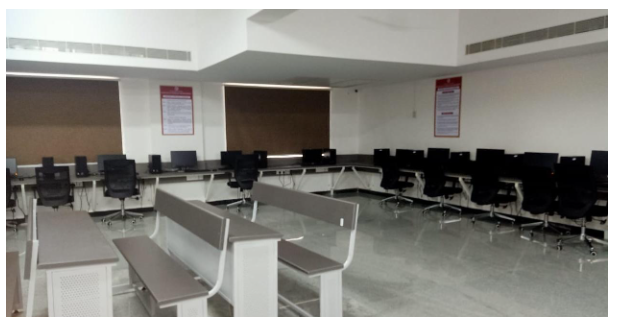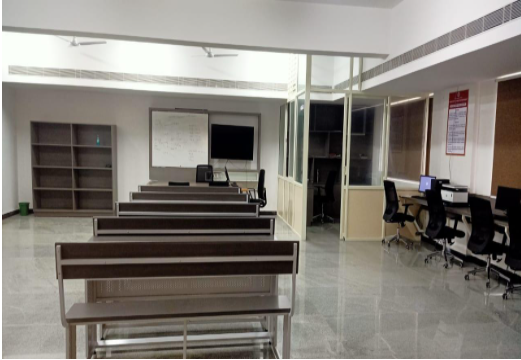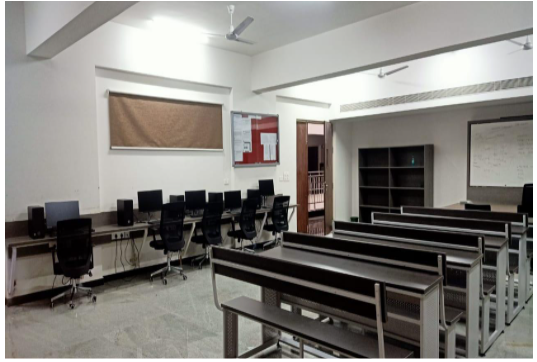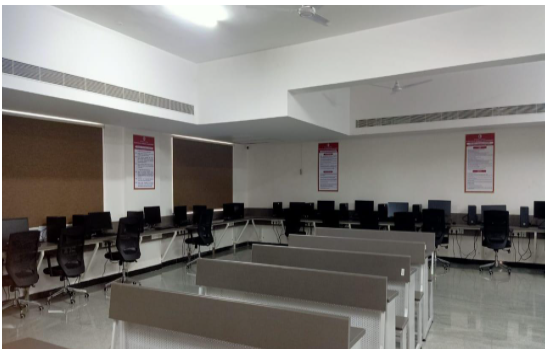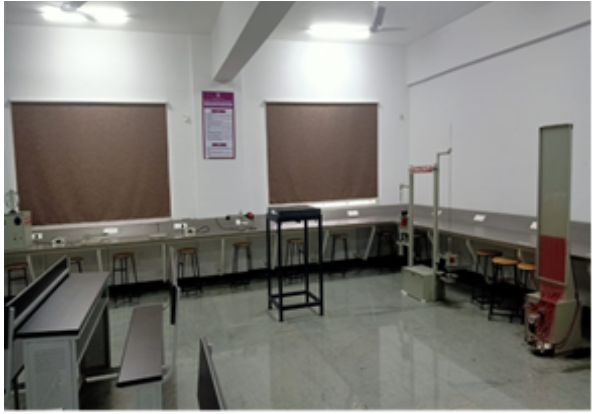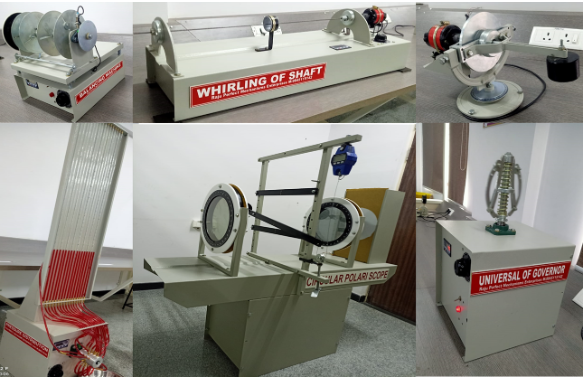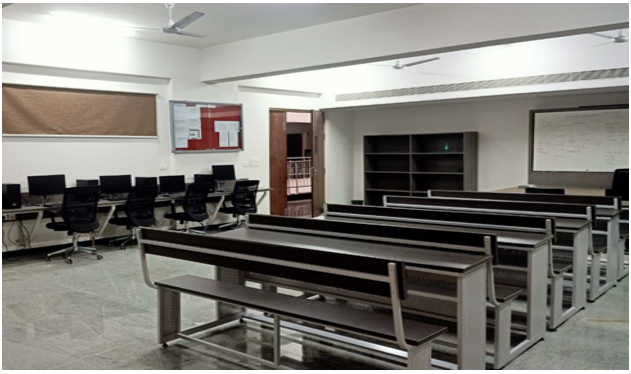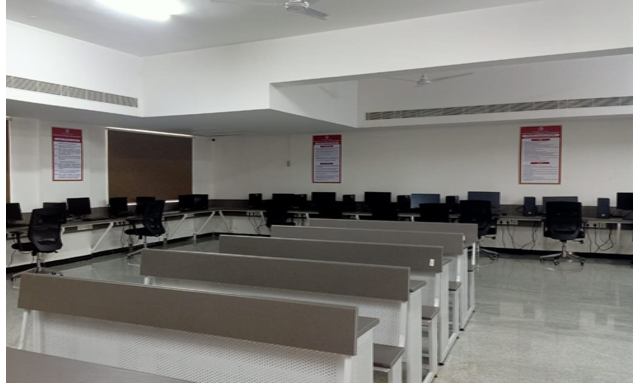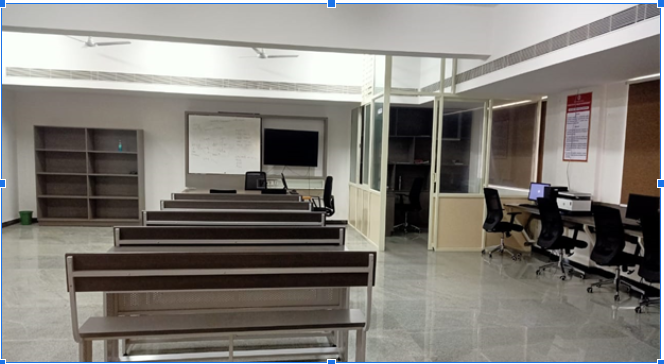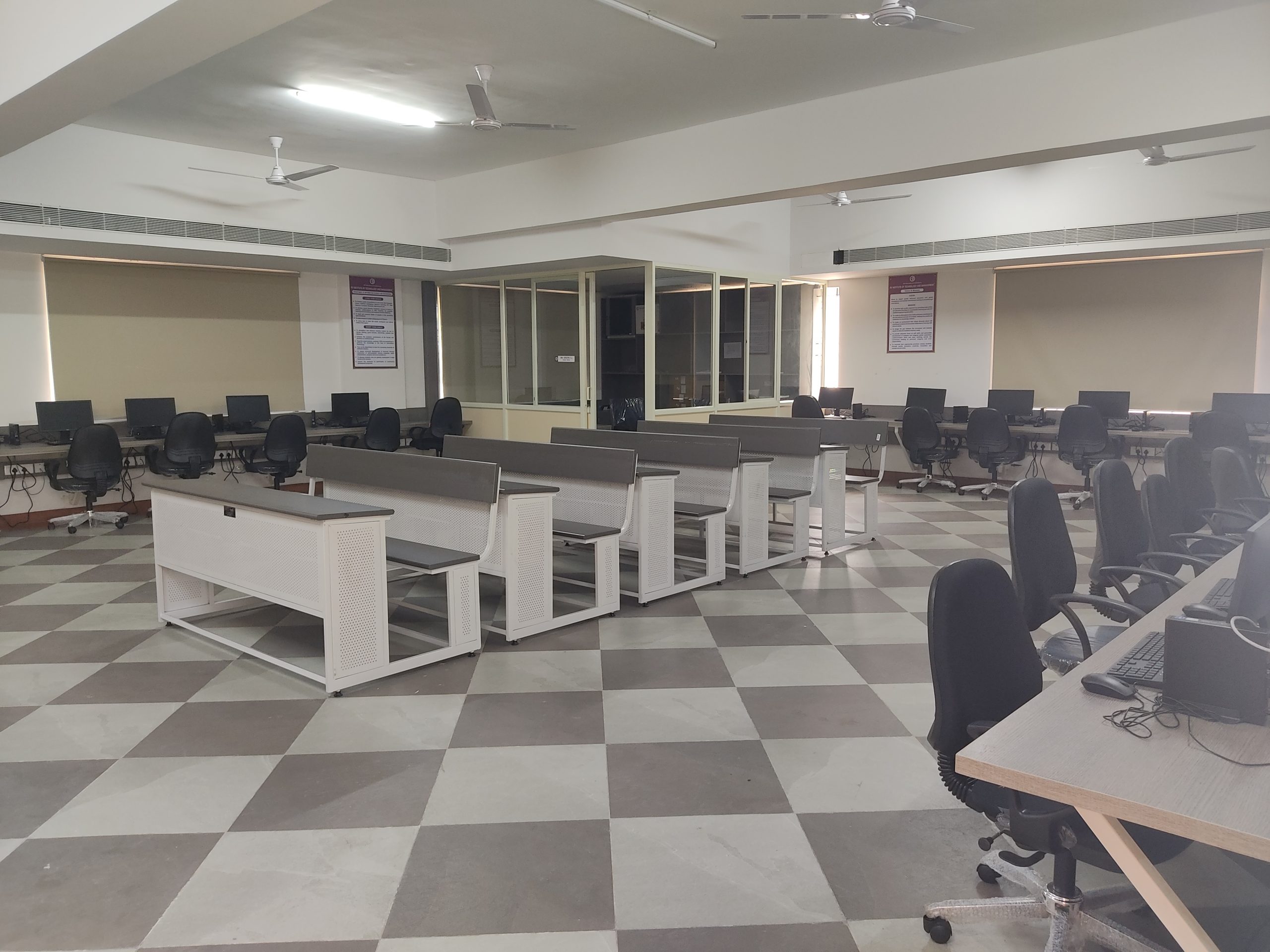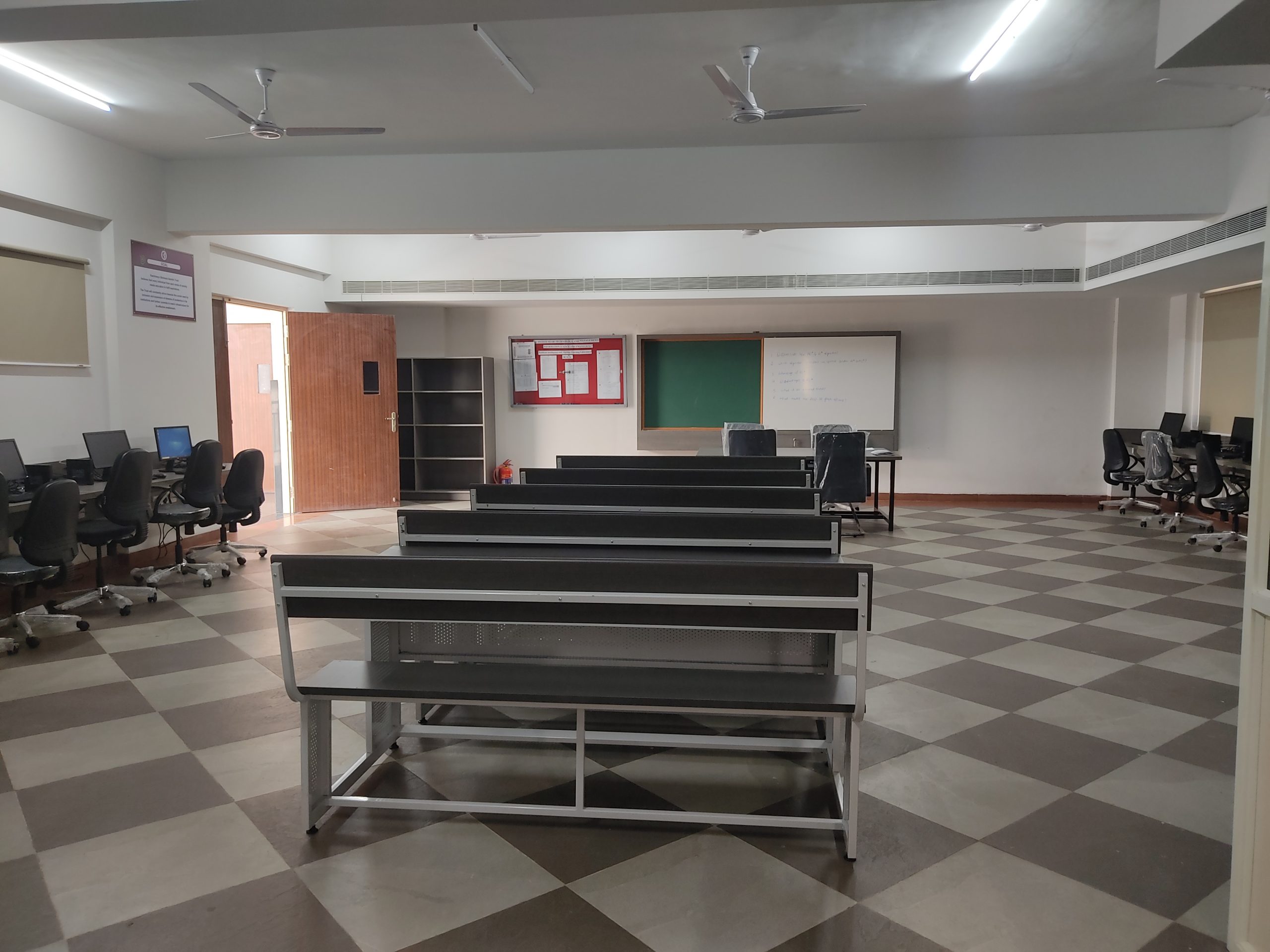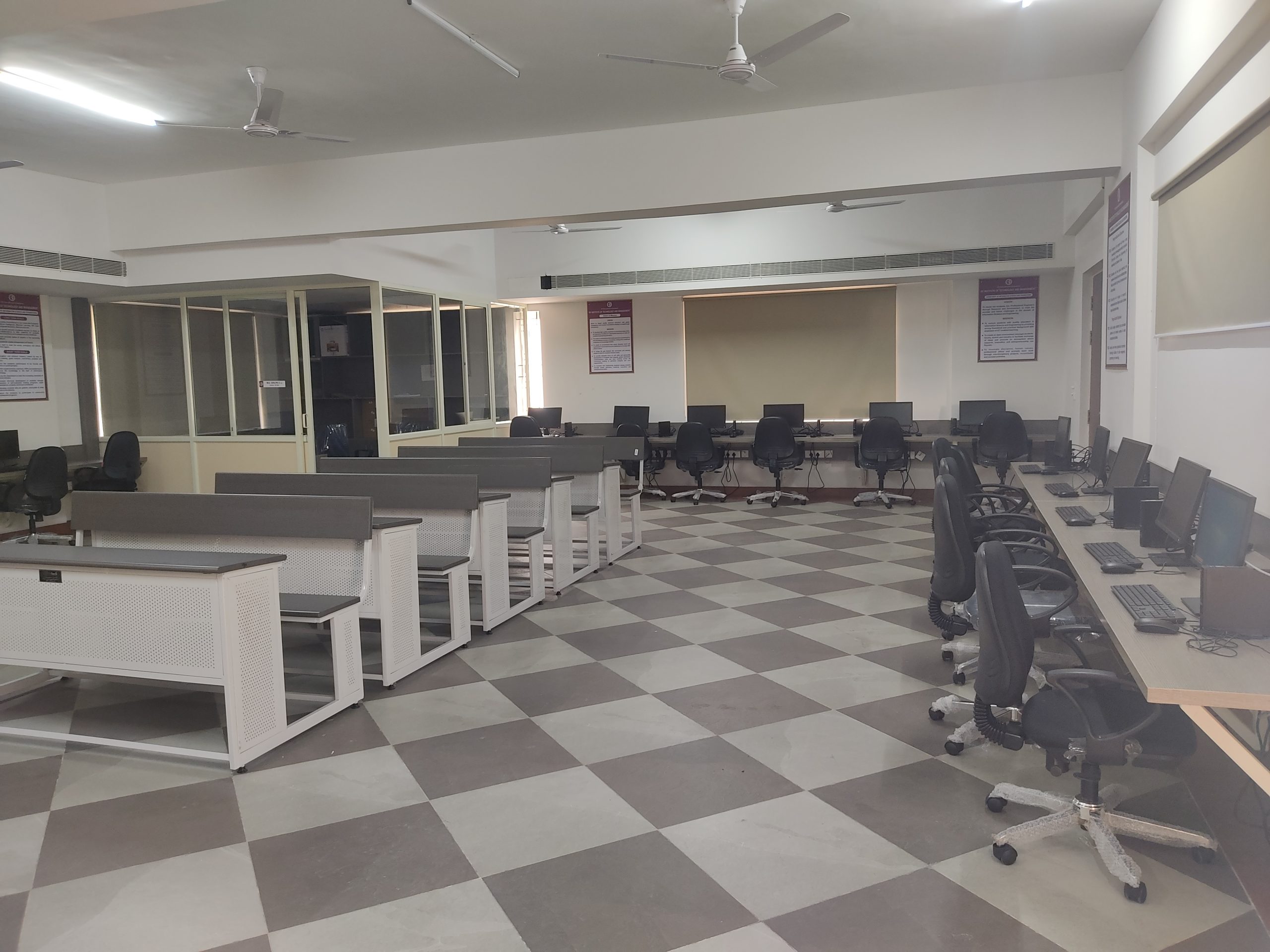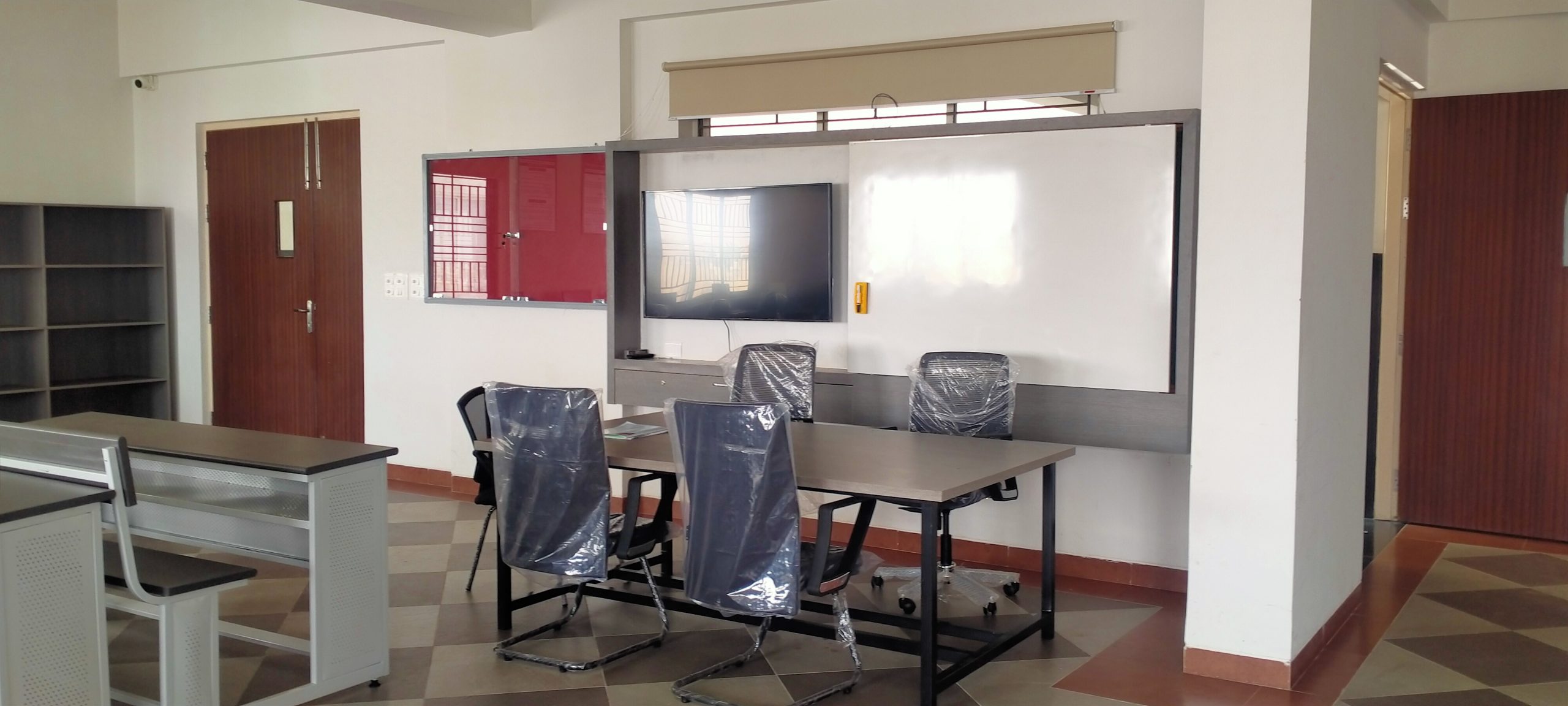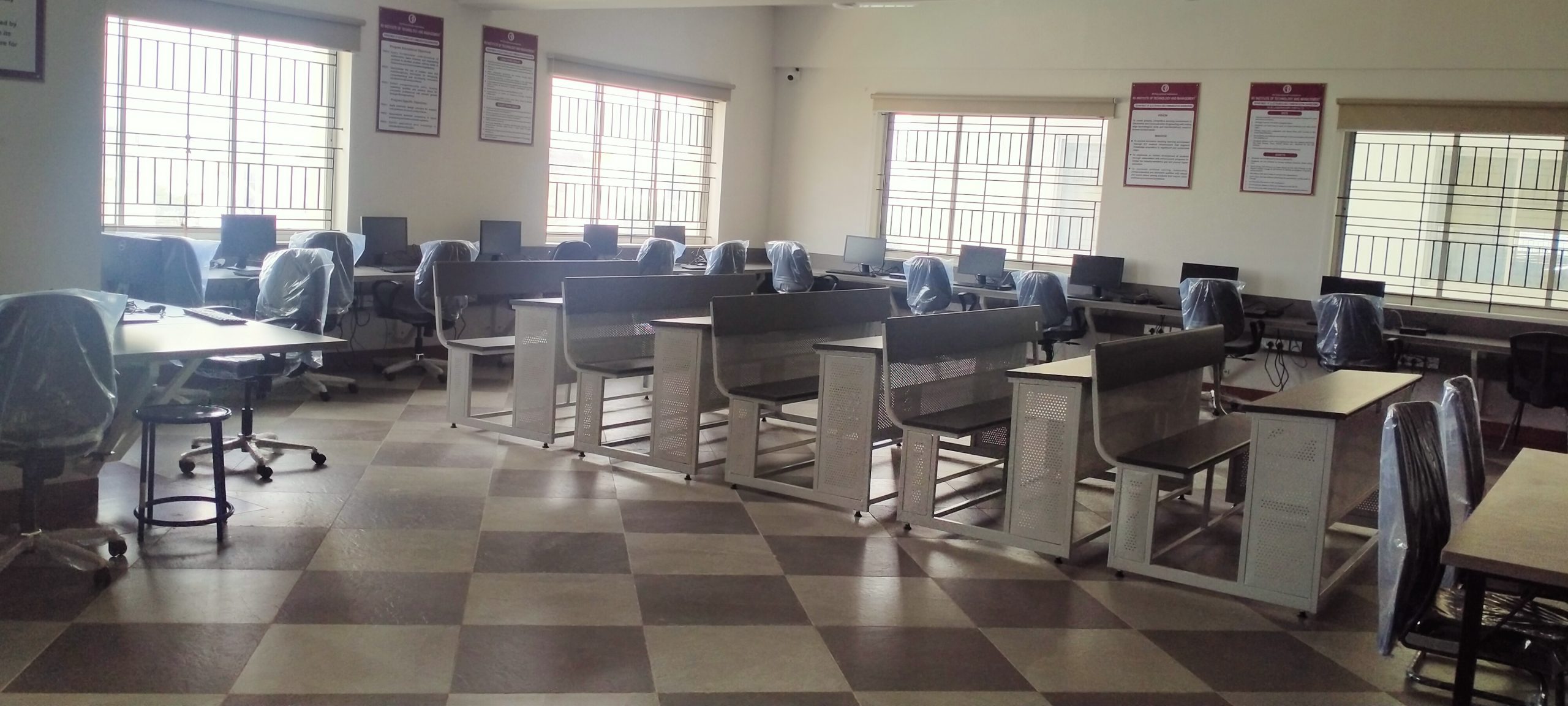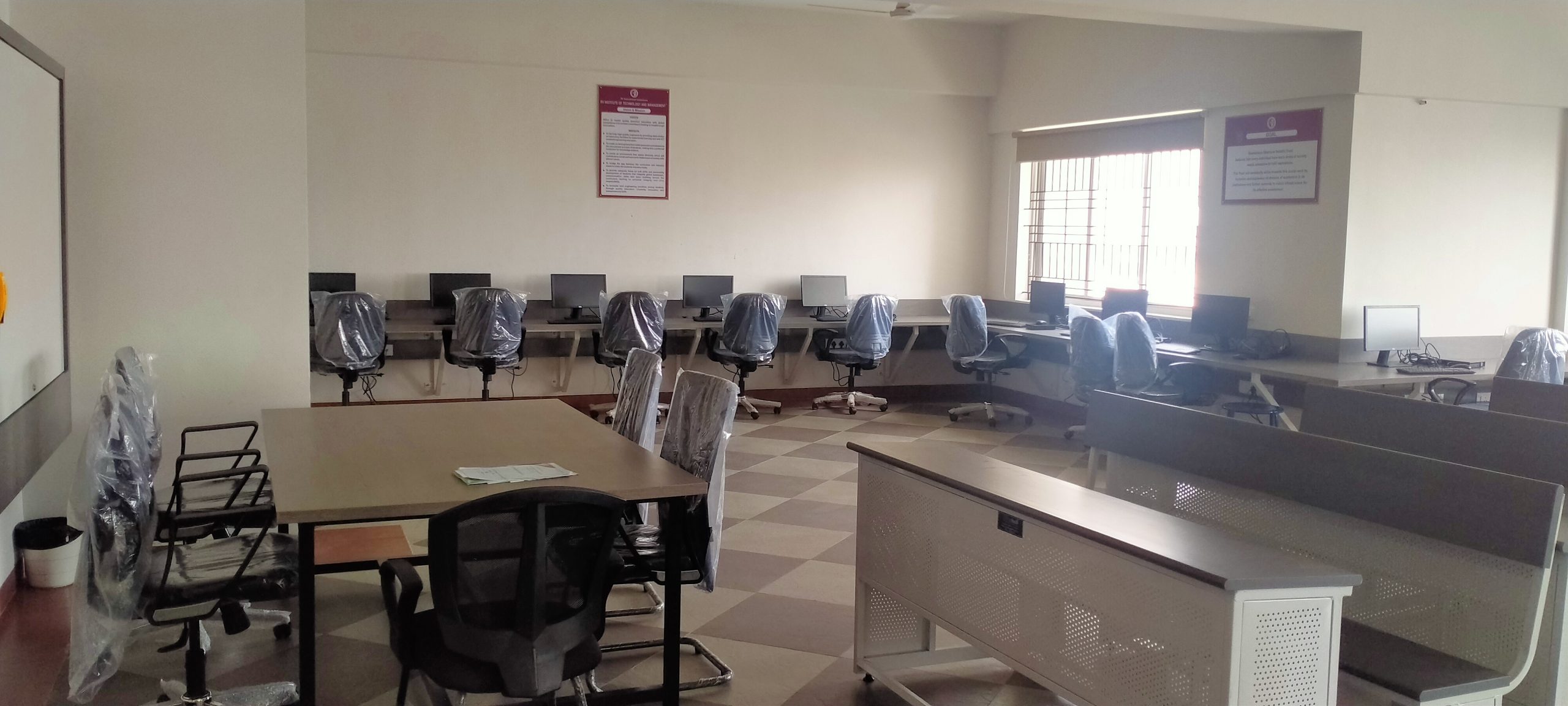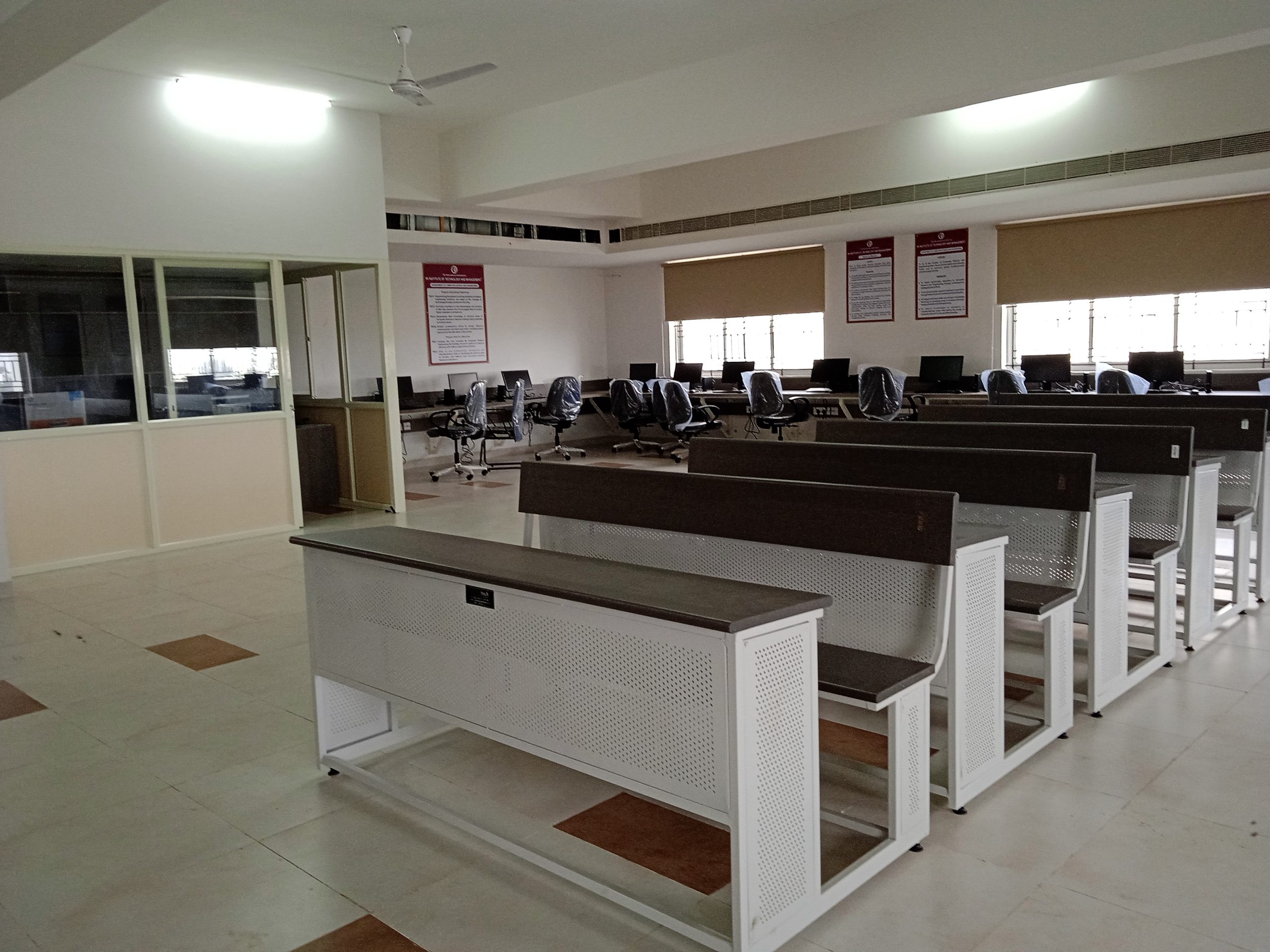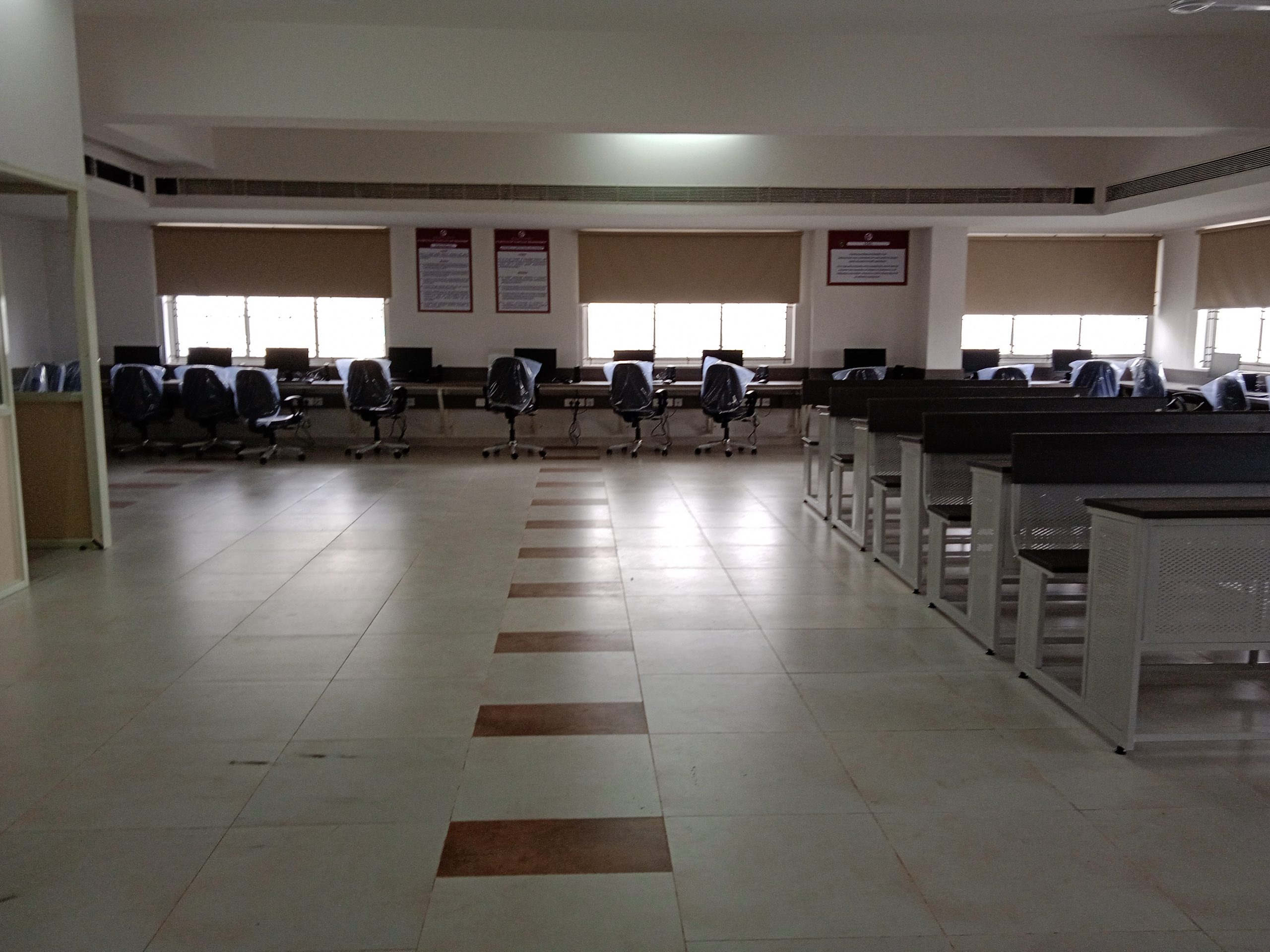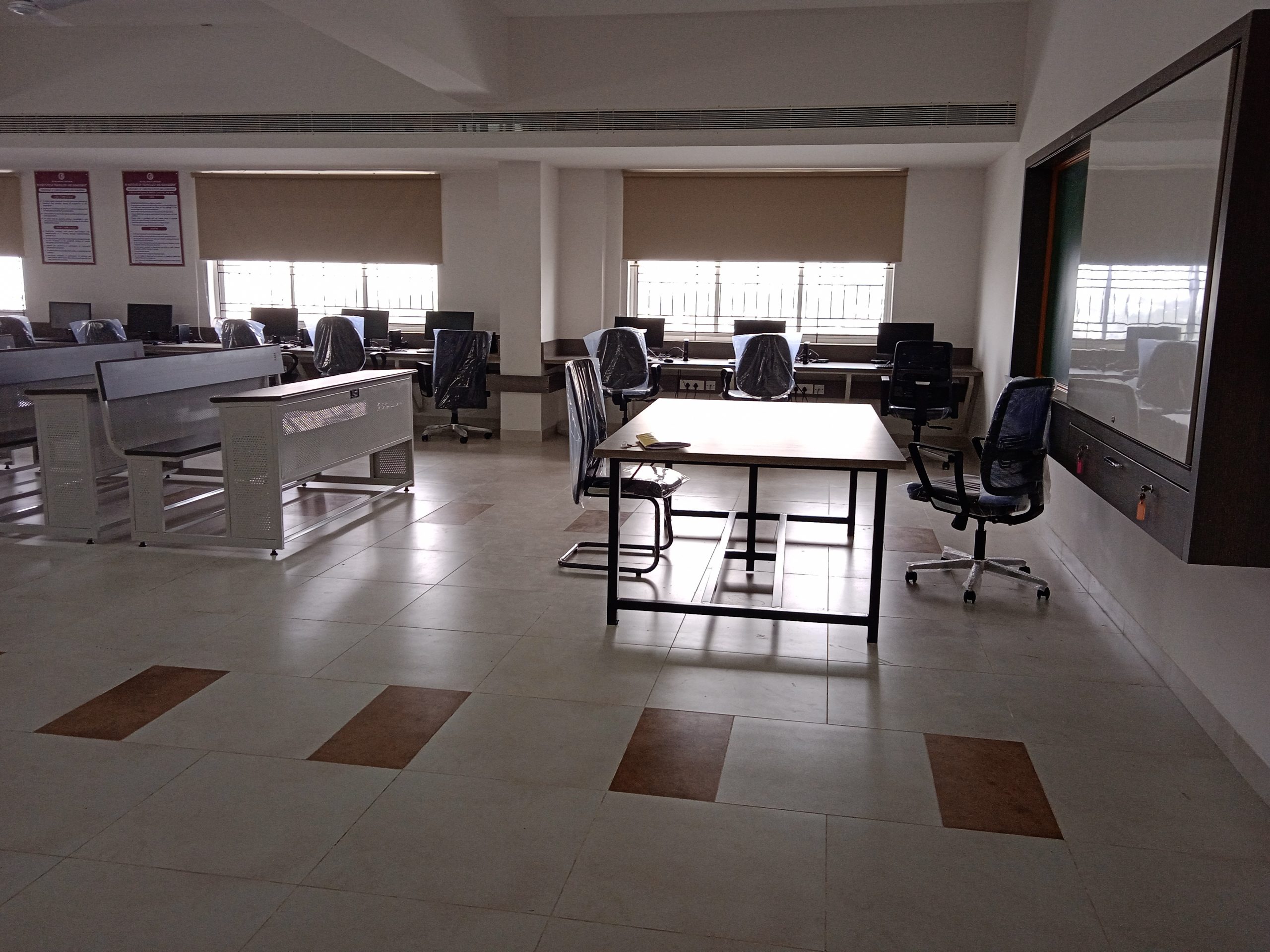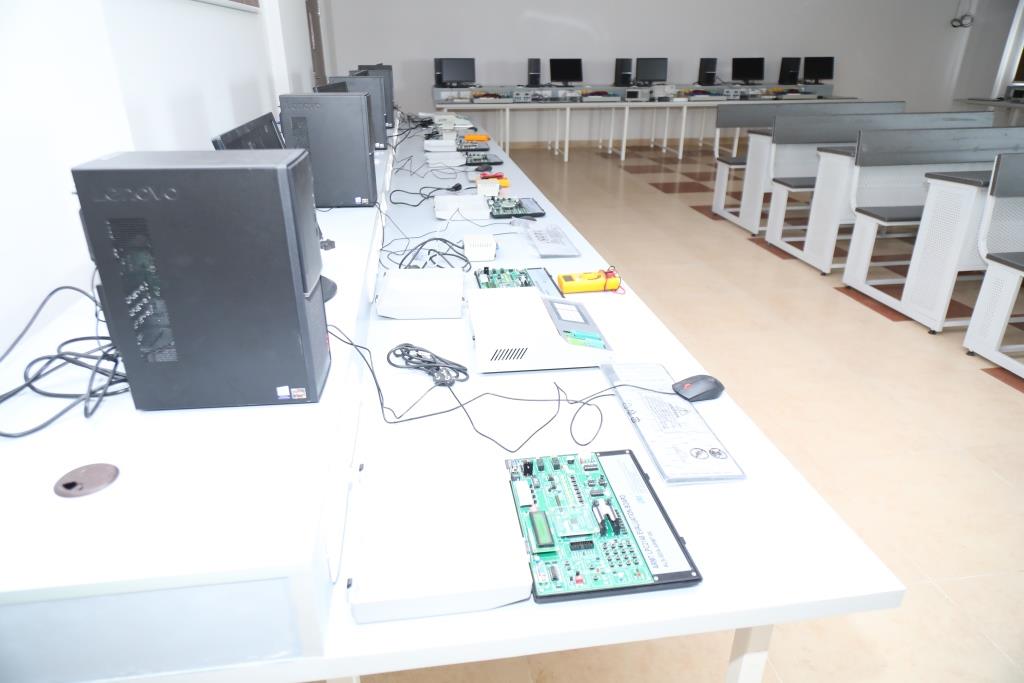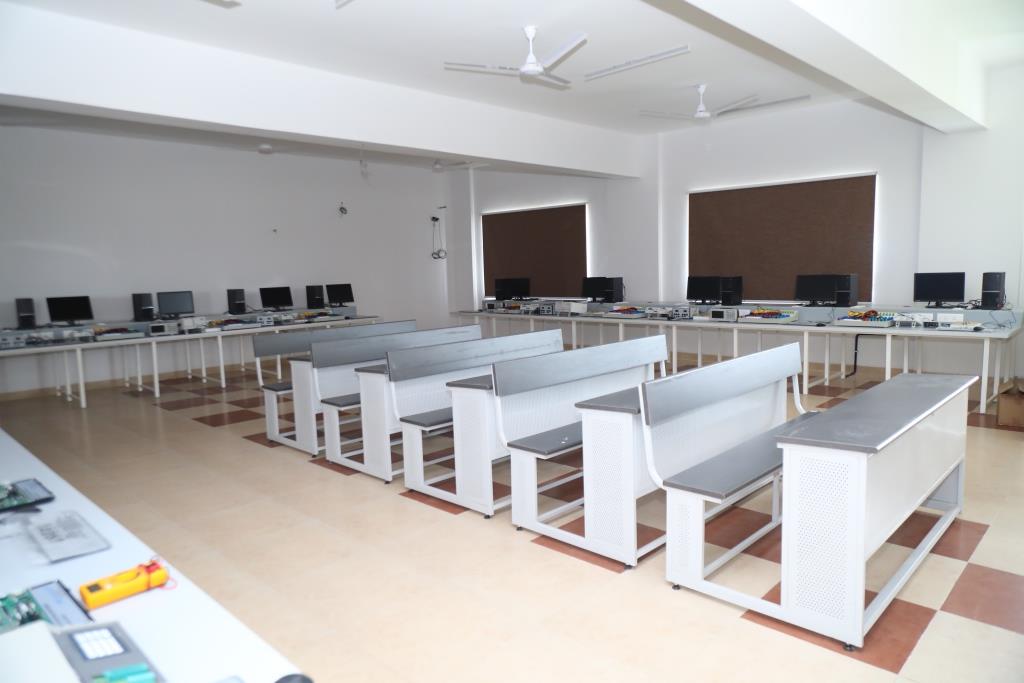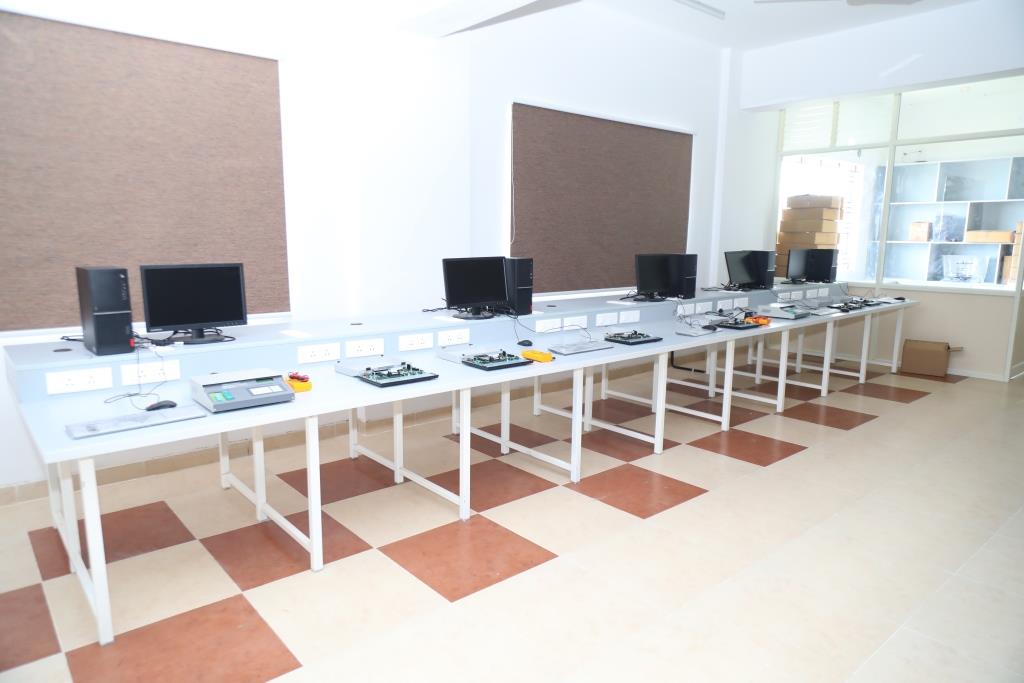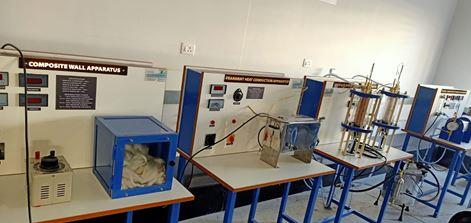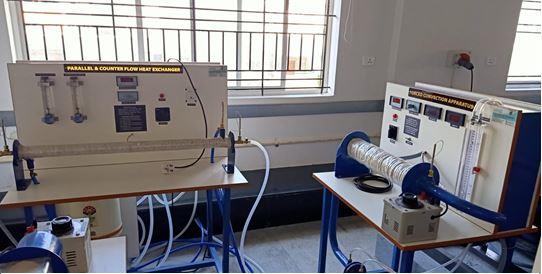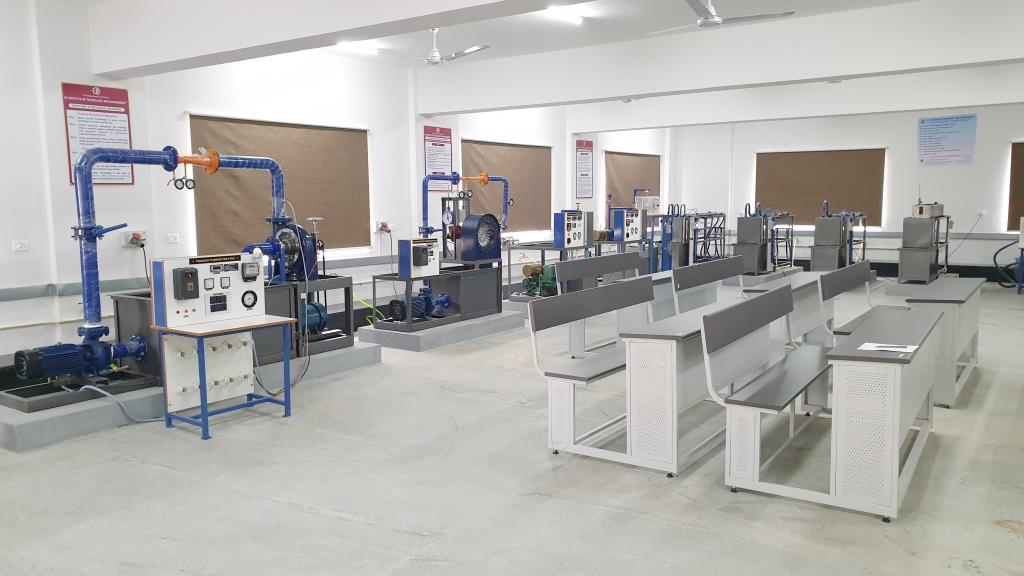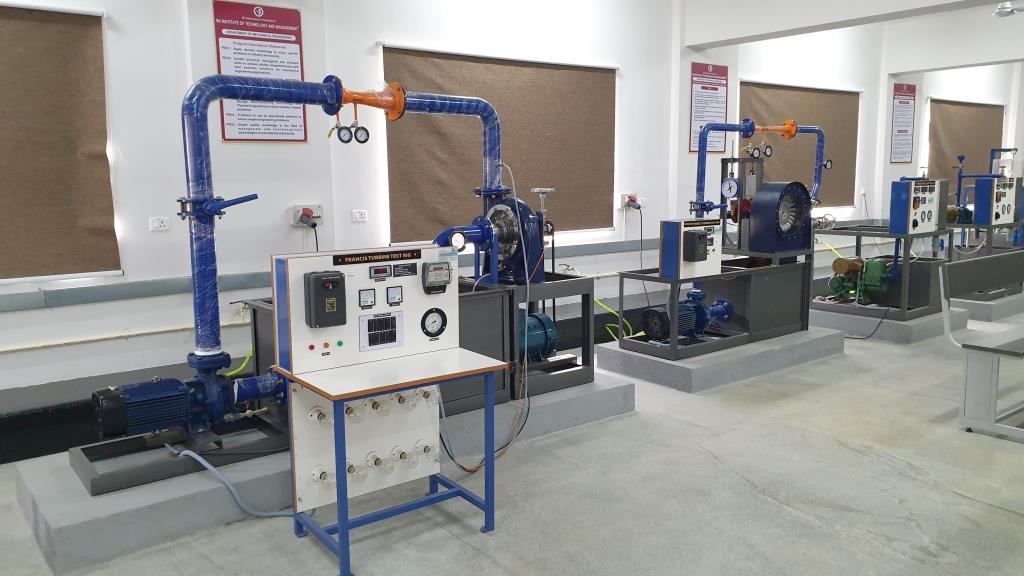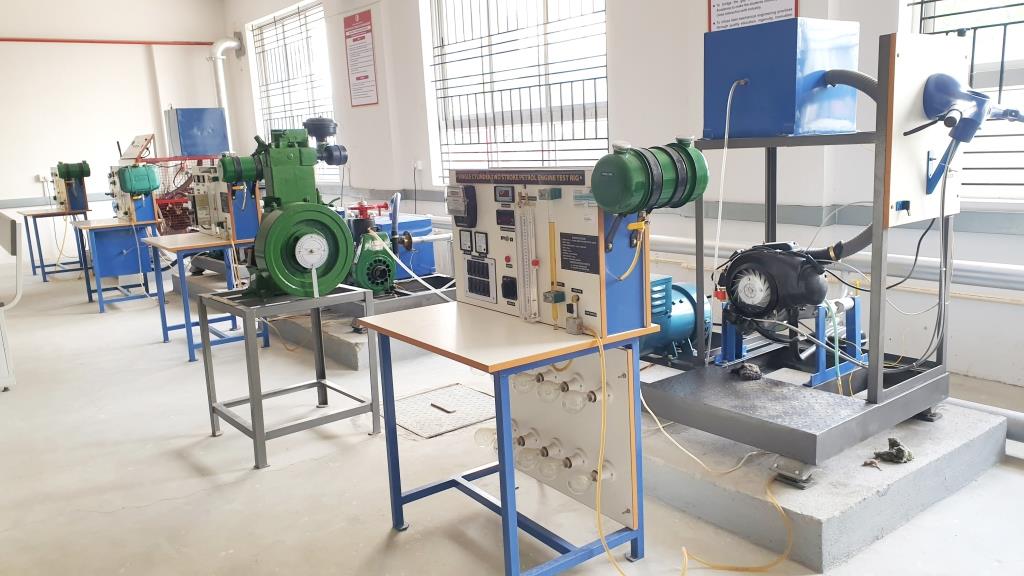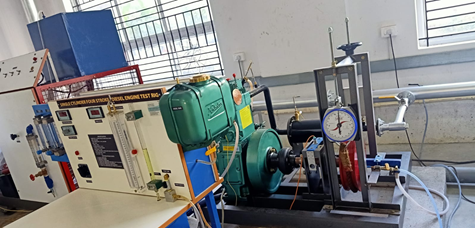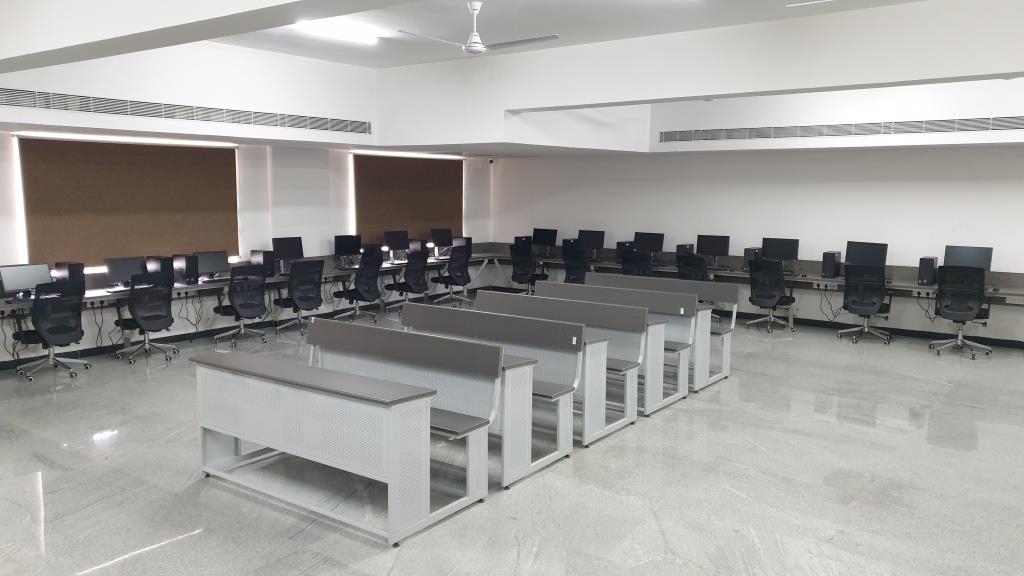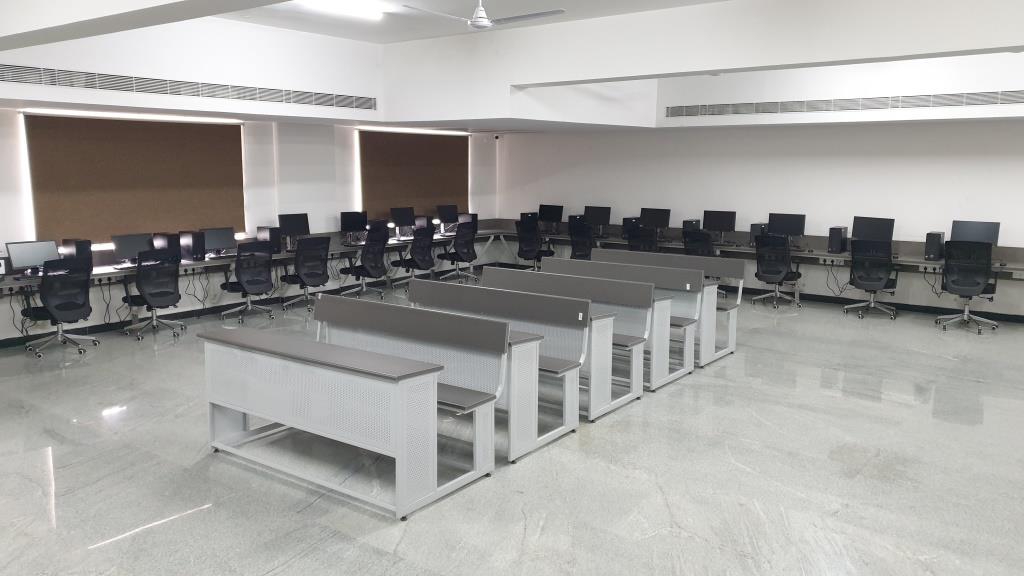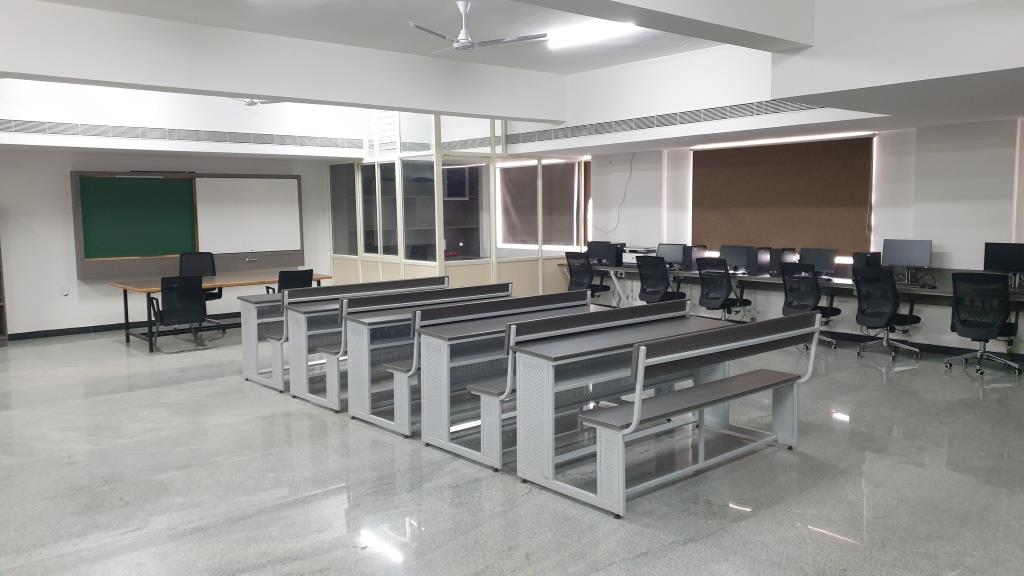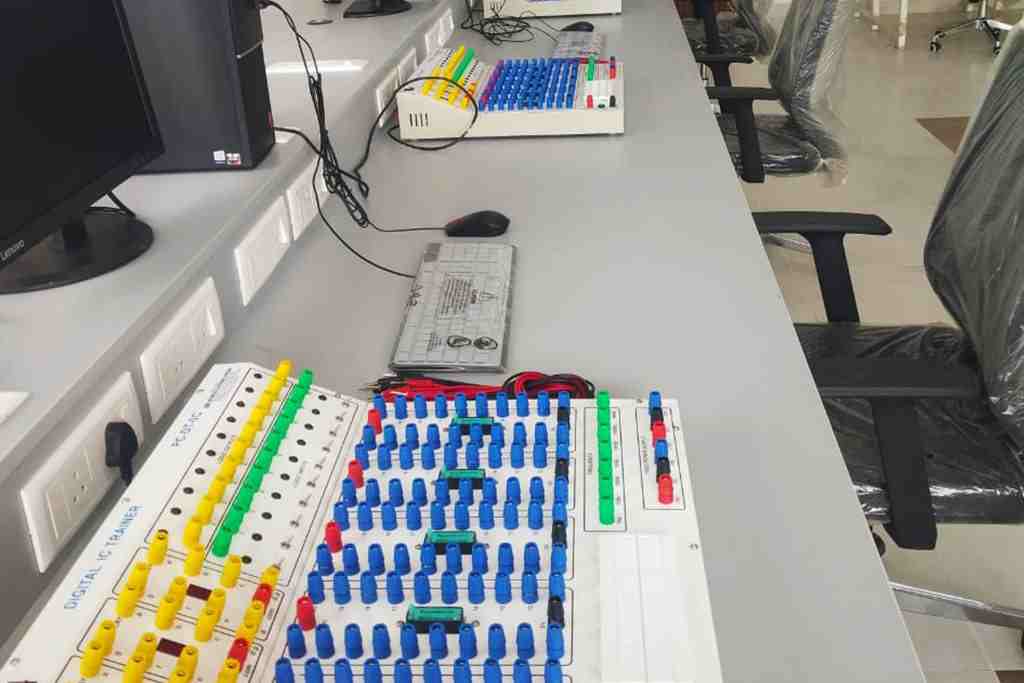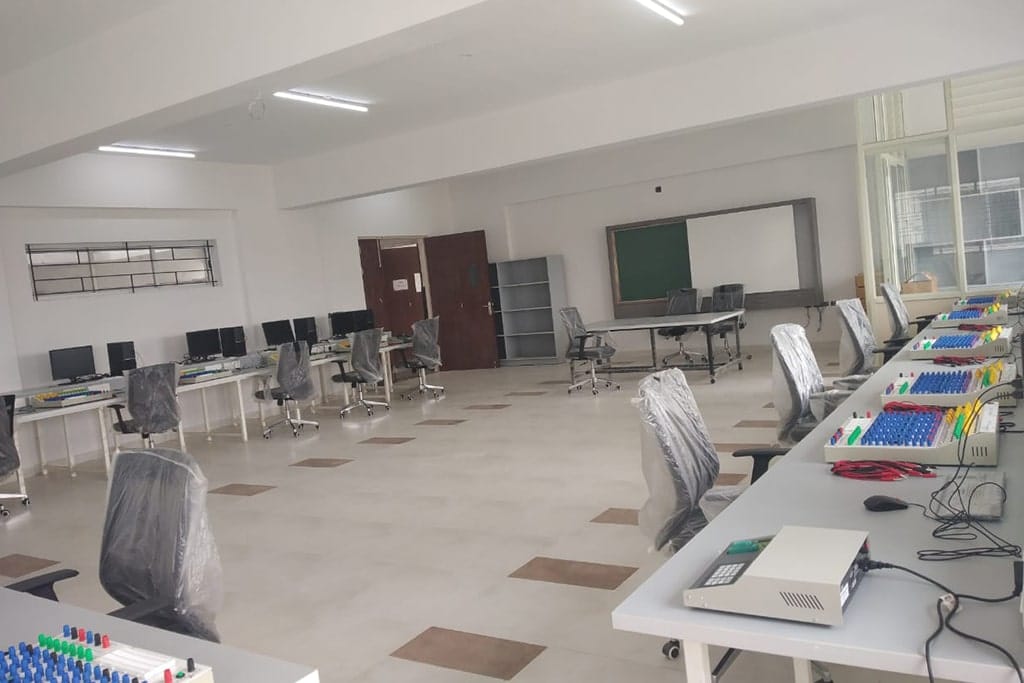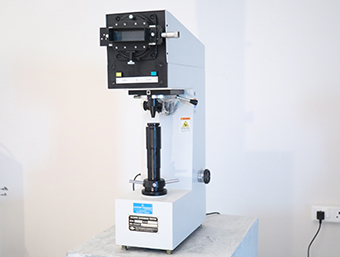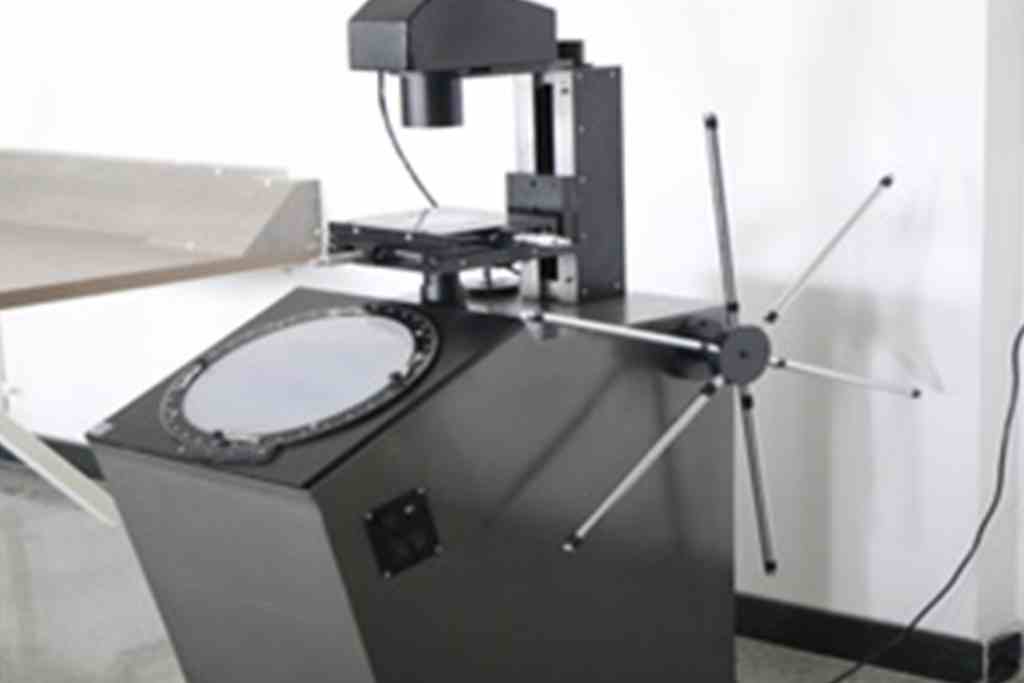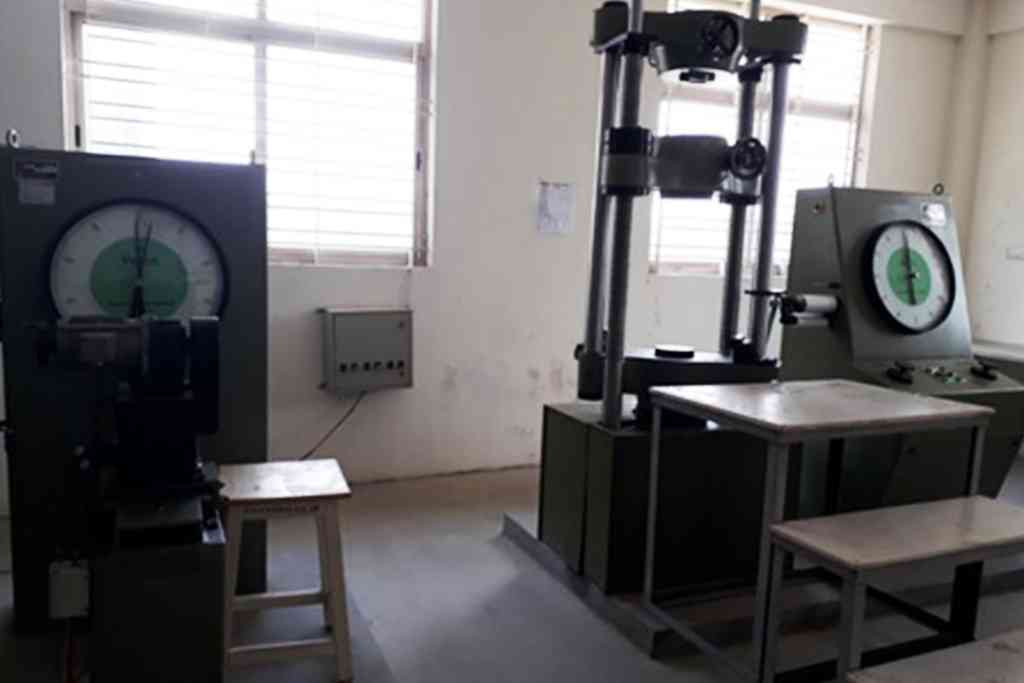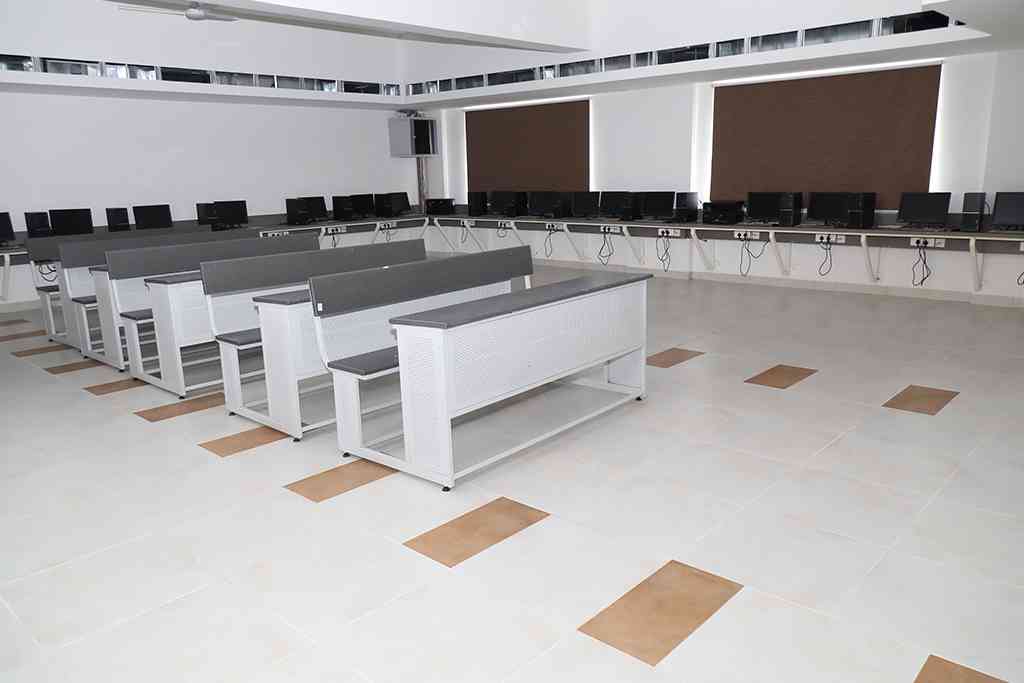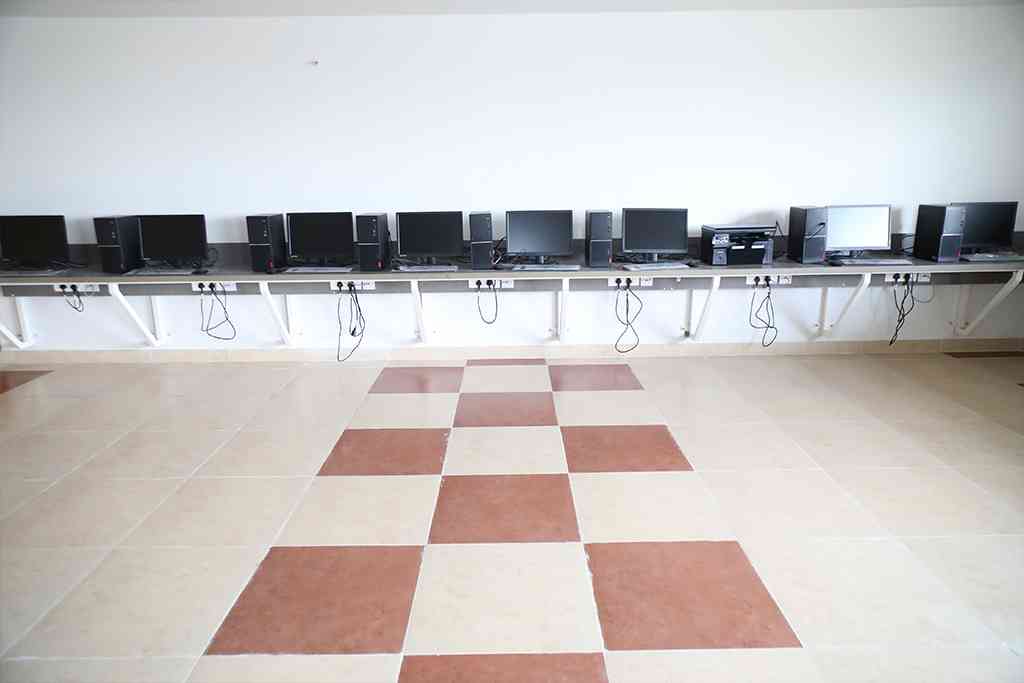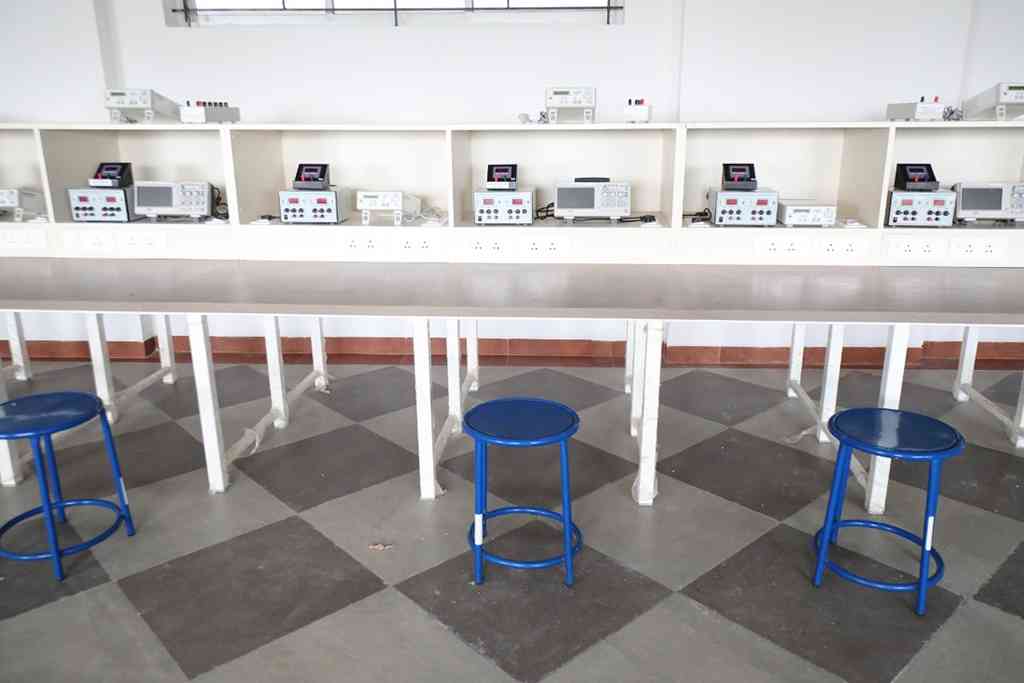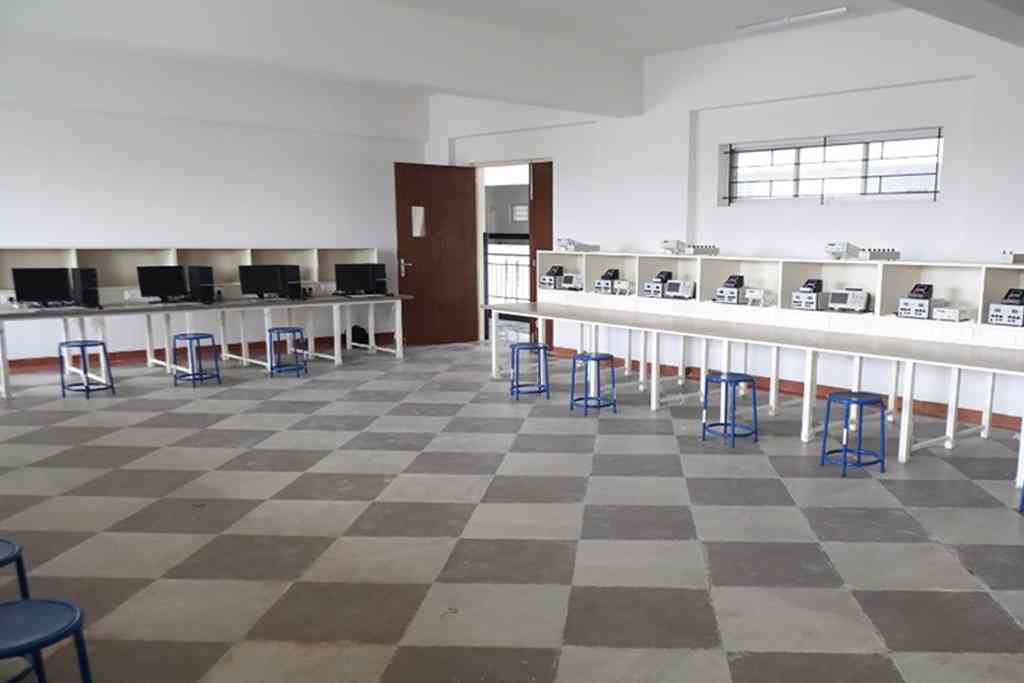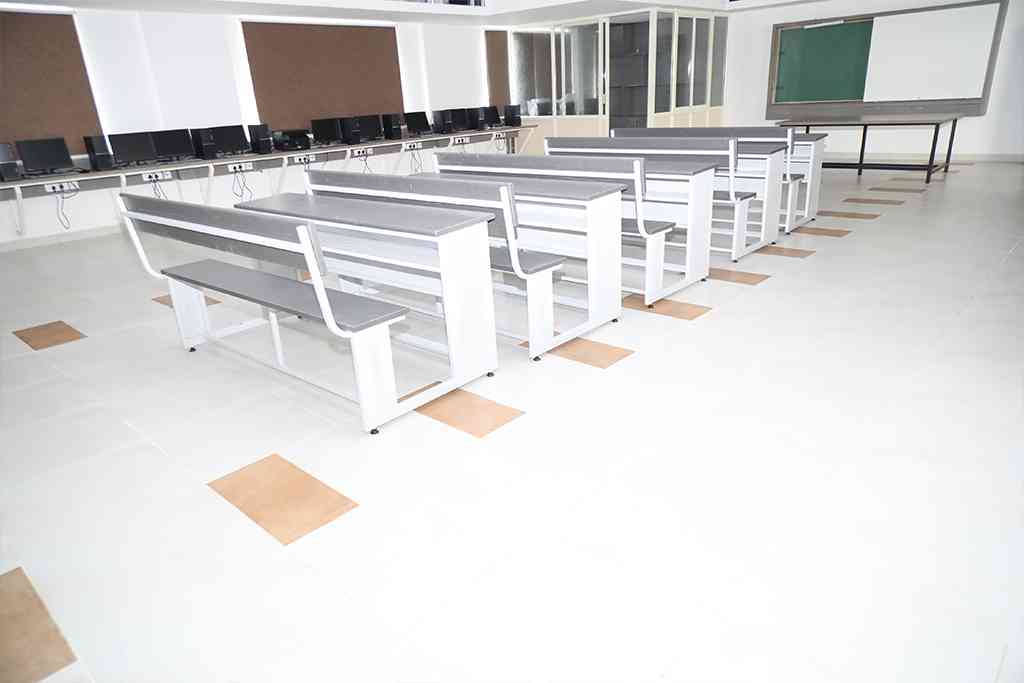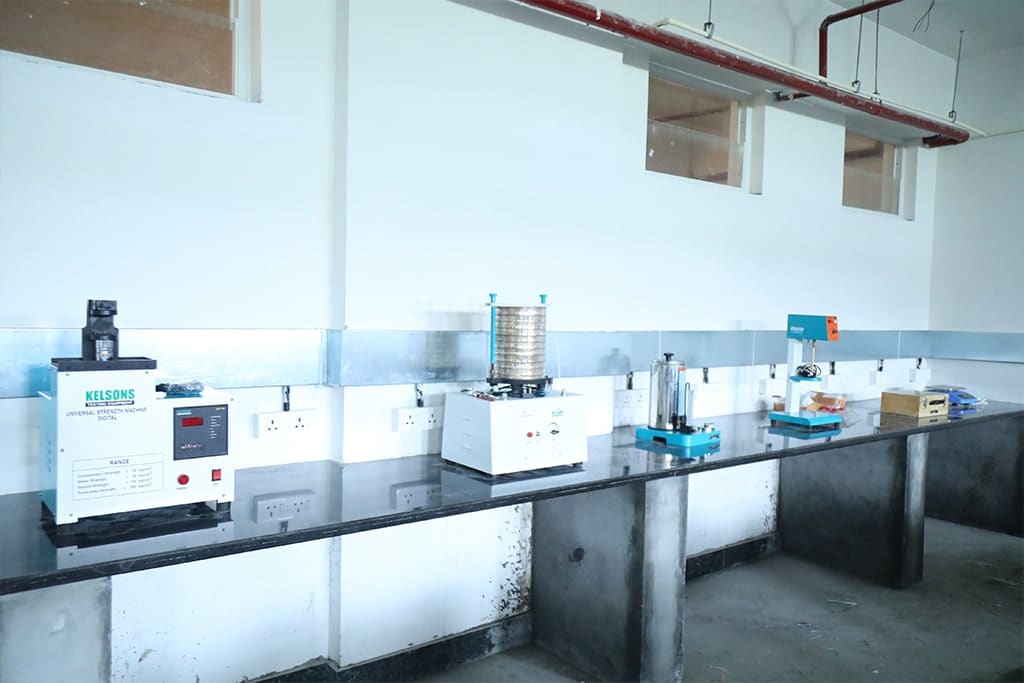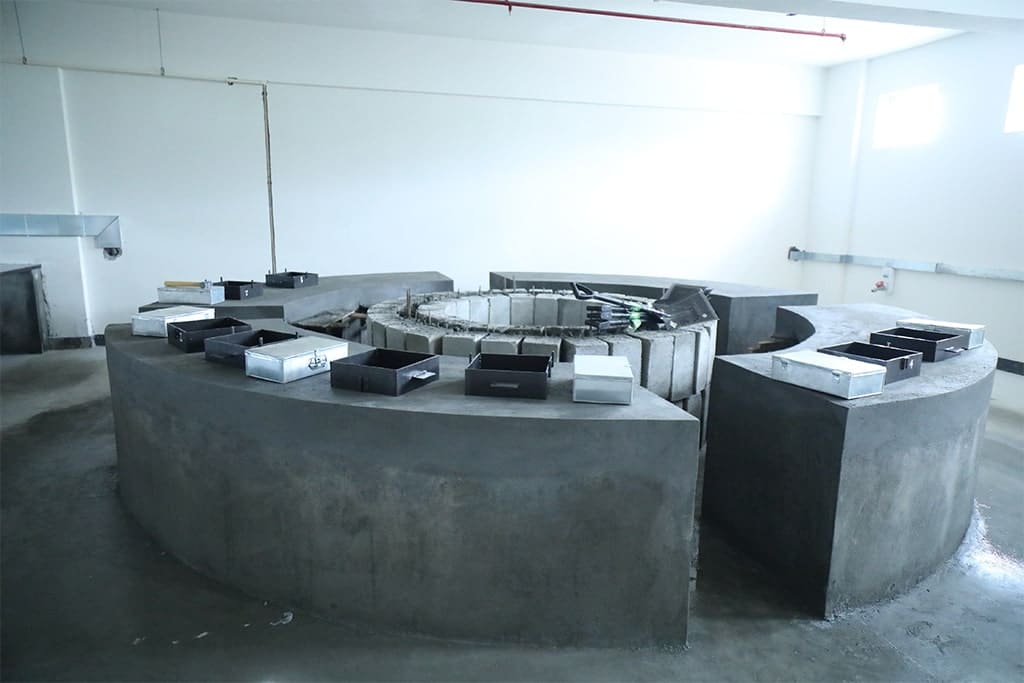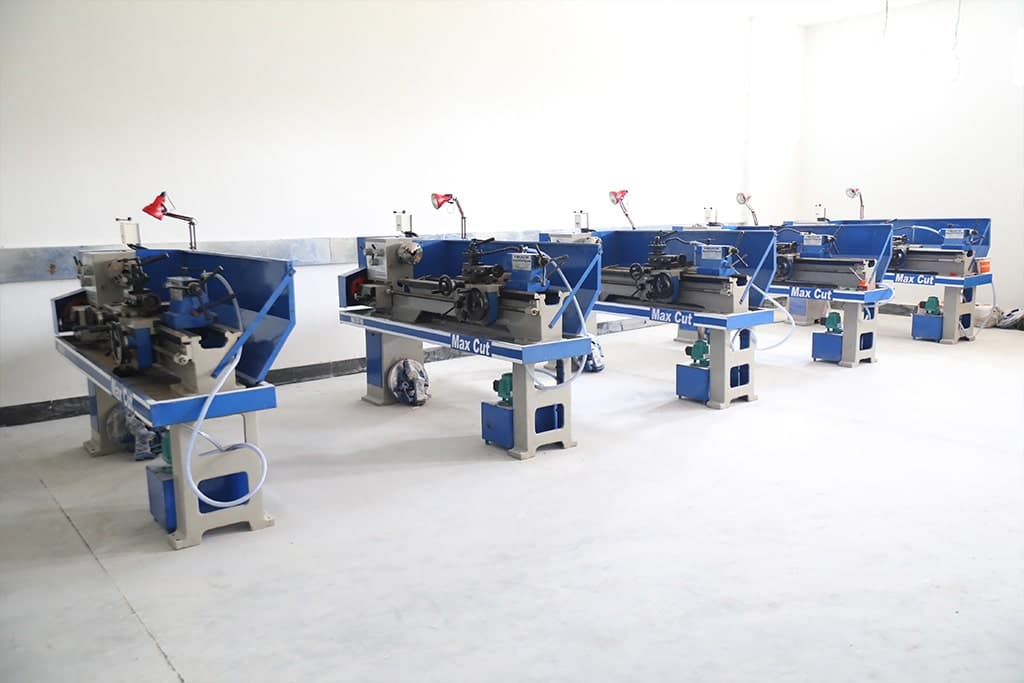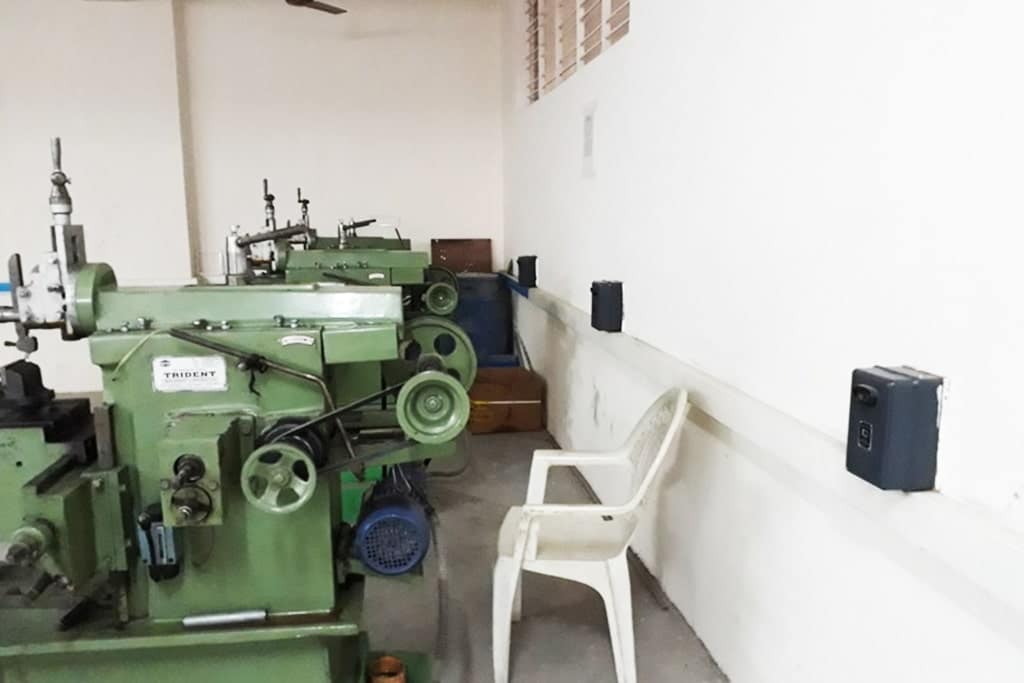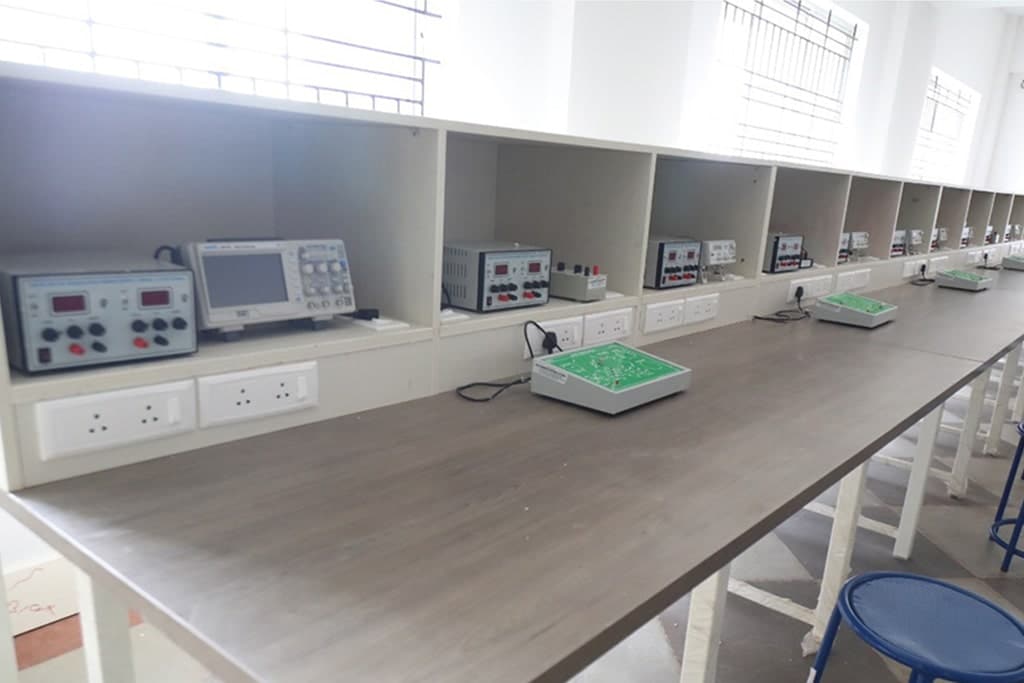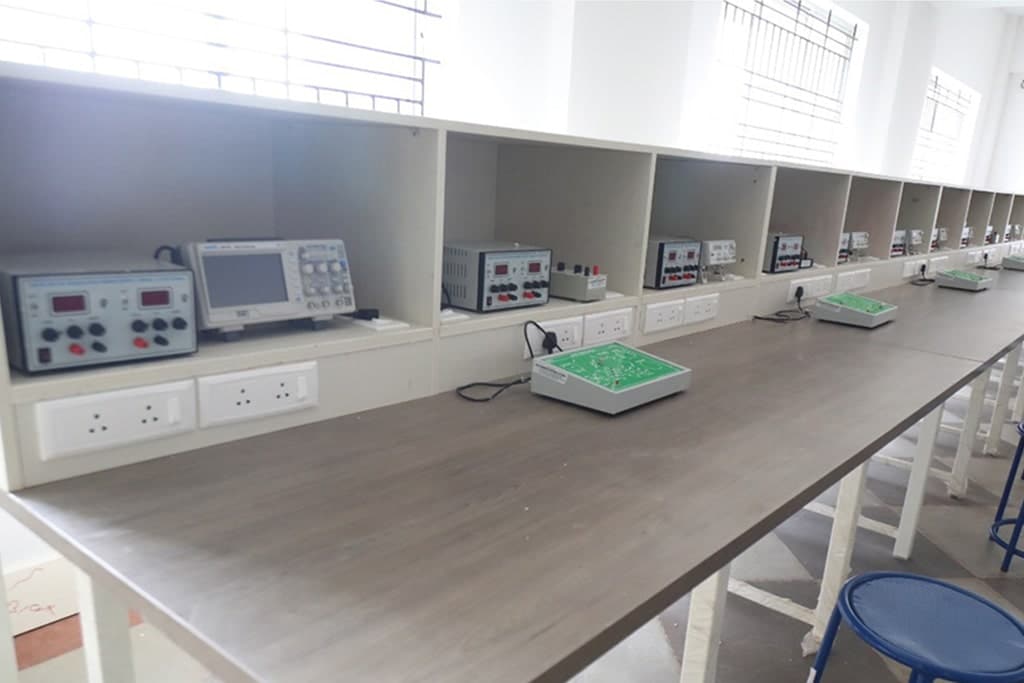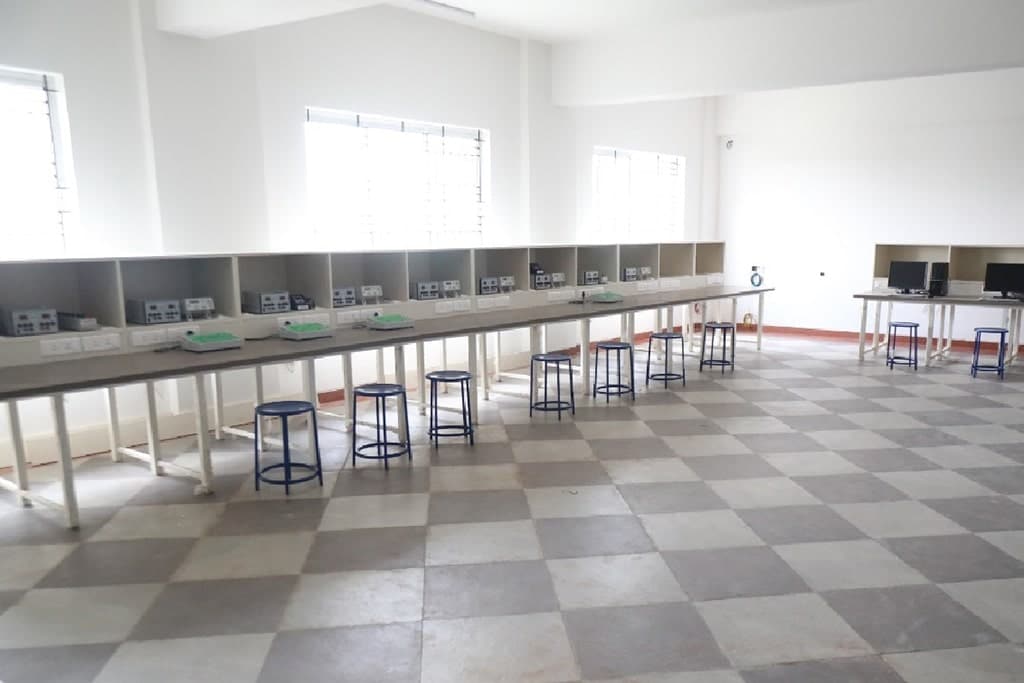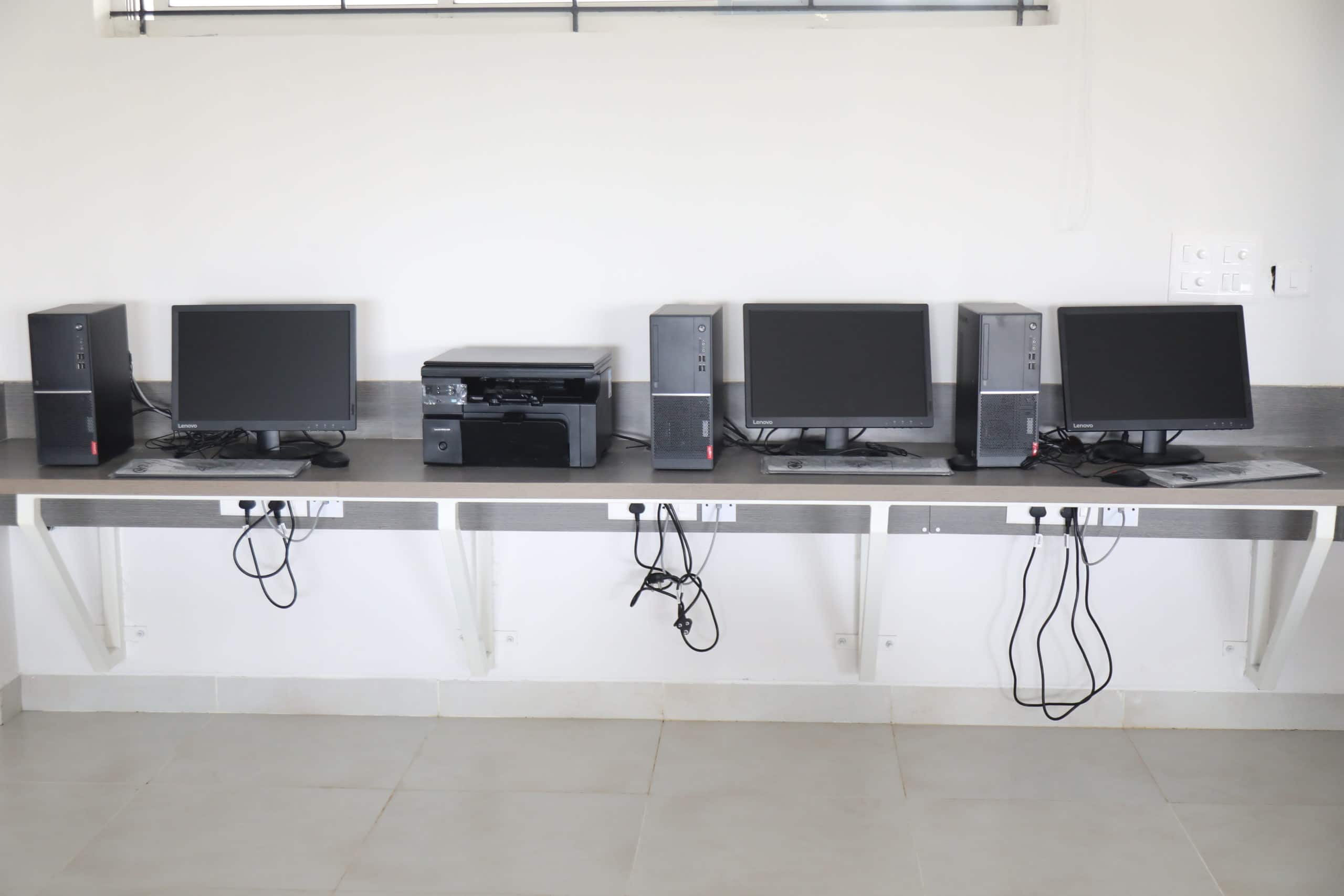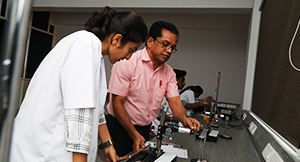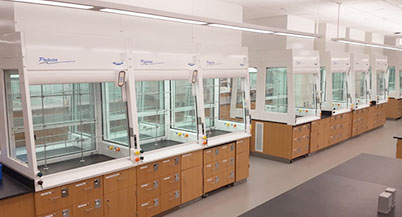Computer network lab focuses on the working of communication protocols and also the process of communication among devices. The outcomes of the laboratory is as follows:
- Implement data link layer farming methods.
- Analyze error detection and error correction codes.
- Implement and analyze routing and congestion issues in network design.
- Implement Encoding and Decoding techniques used in presentation layer.
- To be able to work with different network tools.
Lab Name / Code: Operating System Concepts Lab / 22MCA12 – I SEMESTER
The Operating Systems (OS) Lab aims to provide students with a comprehensive
understanding of fundamental OS concepts and components while fostering
practical skills and problem-solving abilities. Through hands-on exercises and
experiments, students gain practical experience in working with real-world
operating systems and related tools. By implementing OS algorithms and system-
level software components, students develop programming proficiency and
enhance their understanding of OS functionalities.
Lab Name / Code: DBMS Laboratory / 22MCAL27 – II Semester (MCA)
DBMS lab provides the students to gain insight into the real-world utilization of database management system principles. Through hands-on experience with existing database systems, students will delve into database design, relational database creation, and table design analysis. Moreover, the course equips students with practical skills to comprehend advanced concepts like Data Mining and Big Data Analysis in a tangible, applied manner.
- Students gain hands-on experience in designing and developing relational database systems.
- Analyze the sophisticated implementation of complex queries, encompassing relational constraints, joins, set operations, aggregate functions, triggers and views.
- Utilize a variety of software tools for designing and constructing ER Diagrams and UML diagrams for interconnected database systems.
- Students will have the capability to independently create and execute database applications.
Lab Name / Code: Data Structures with Algorithms Laboratory / 22MCAL16 – I SEMESTER (MCA)
The Data Structure Lab is an essential component of the Master of Computer Applications (MCA) curriculum. This laboratory course is specifically designed to provide MCA students with practical experience in implementing and applying fundamental data structures and algorithms. Linear data structures and their applications such as stacks, queues and linked lists
Non-linear data structures and their applications such as trees and graphs
Objectives:
- Practical Implementation: The primary objective of the Data Structure Lab is to provide MCA students with hands-on experience in implementing and manipulating various data structures, including arrays, linked lists, stacks, queues, trees, graphs, searching and sorting techniques.
- Algorithmic Problem Solving
- Programming Proficiency
Key Features:
Structured Curriculum: The Data Structure Lab follows a structured curriculum that covers both theoretical concepts and practical implementation aspects of data structures and algorithms.
Laboratory Exercises: MCA students will engage in a series of laboratory exercises and programming assignments to provide hands-on practice.
Guidance and Support: The lab sessions are facilitated by experienced faculty members who provide guidance, support and feedback to students as they work through the exercises, ensuring a supportive learning environment.
Assessment and Evaluation: MCA students’ performance in the Data Structure Lab is assessed based on their completion of laboratory exercises, programming assignments and practical examinations, ensuring comprehensive evaluation of their understanding and skills.
Conclusion:
The Data Structure Lab plays a crucial role in equipping MCA students with the knowledge, skills, and confidence to excel in the field of computer science and information technology. By providing practical exposure to data structures and algorithms, the lab prepares students for the challenges and opportunities in software development, system design, and computational problem-solving.
With the most recent advancements in software and hardware infrastructures, our state of the art laboratory provide the best way in the designing of modern web applications. Web Technologies illustrate the pivotal role of mark-up languages such as HTML, CSS, XML and JavaScript alongside server-side technologies like ASP as well as various protocols, in facilitating the functionality and operation of web architecture and applications.
This laboratory enables skills in creativity, problem-solving and collaboration teamwork,
equipping students with the foundational competencies necessary for career in web development and user interface design.
Lab Name / Code: Java Programming Laboratory/ 22MCAL28 – II SEMESTER (MCA)
The primary objective of the Java Programming Laboratory is to equip students with the knowledge, skills, and hands-on experience necessary to become proficient Java programmers. Through a combination of theory and practical exercises, students will learn fundamental Java concepts, programming techniques and best practices.
Key features of the Java Programming Laboratory include:
- Hands-on Learning
- Comprehensive Coverage
- Guidance and Support
- Assessment and Evaluation
At the end of the course the student will be able to:
- Demonstrate the fundamental data types and constructs of Java Programming by writing executable/interpretable programs.
- Illustrate the object oriented principles with the help of java programs.
- Develop reusable and efficient applications using inheritance concepts of java.
- Learn the object oriented concepts and its implementation in Java.
Overall, the Java Programming Laboratory aims to empower students with the skills and confidence to excel in Java programming and pursue careers in software development and related fields. By combining theoretical knowledge with practical experience, students will develop the expertise needed to thrive in the dynamic and rapidly evolving field of Java programming.

